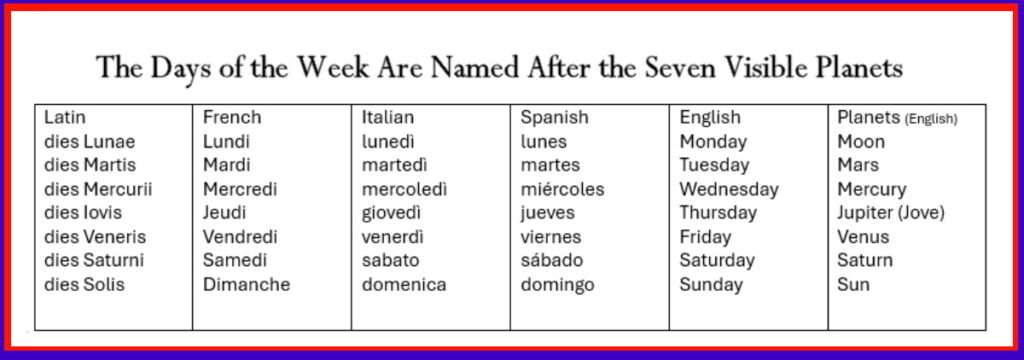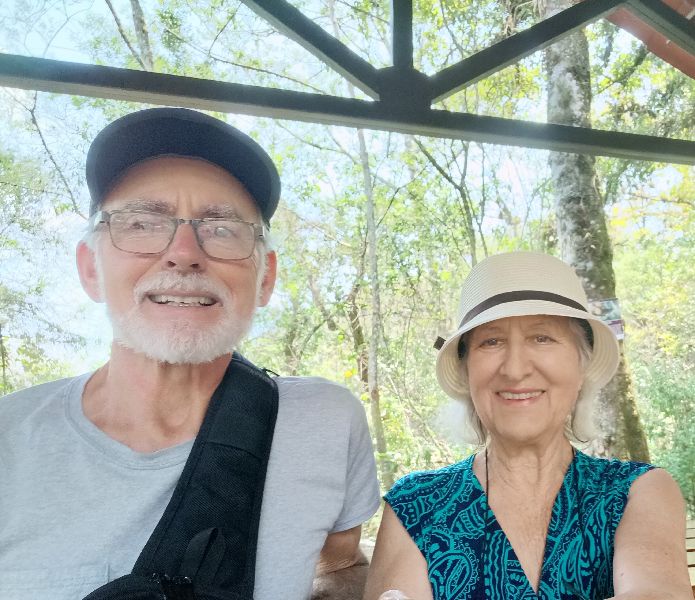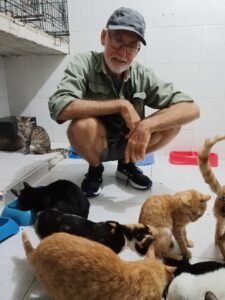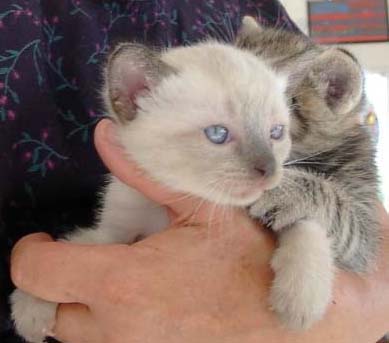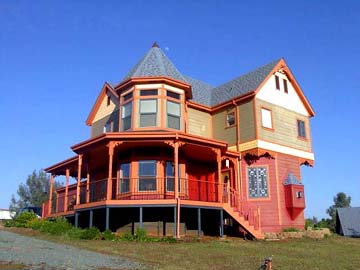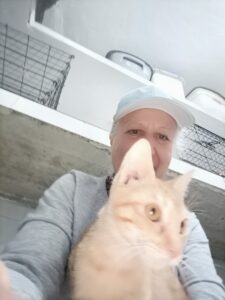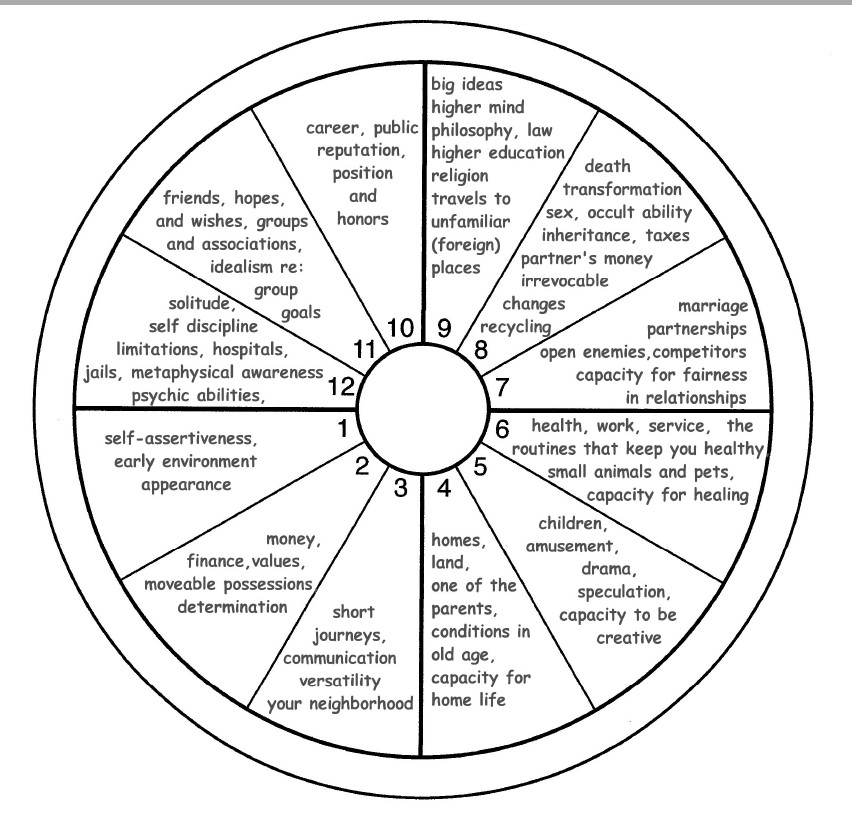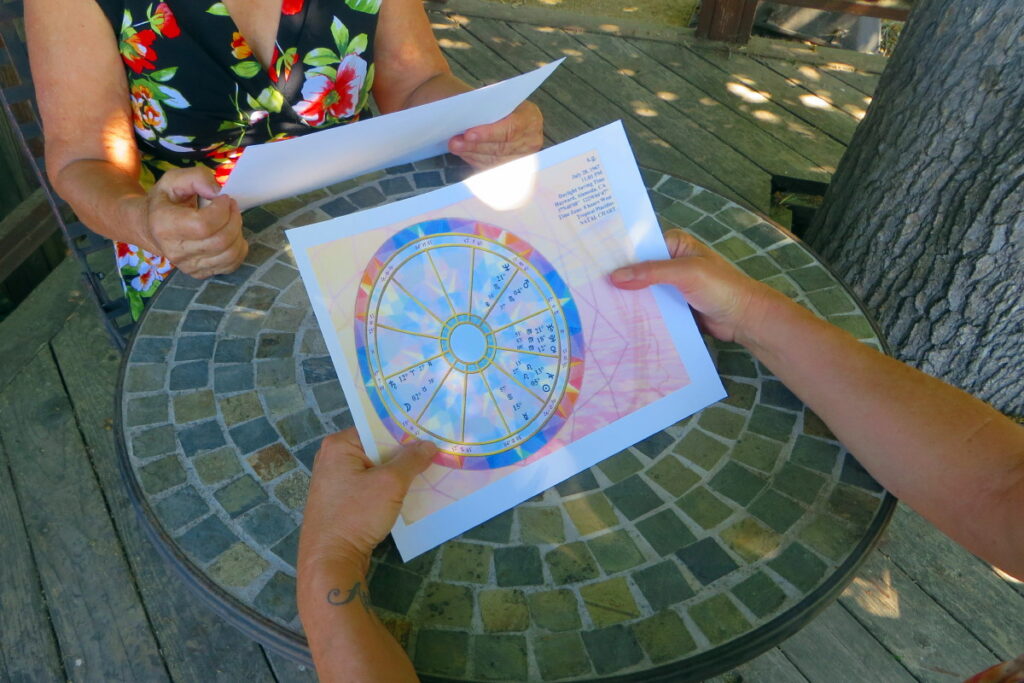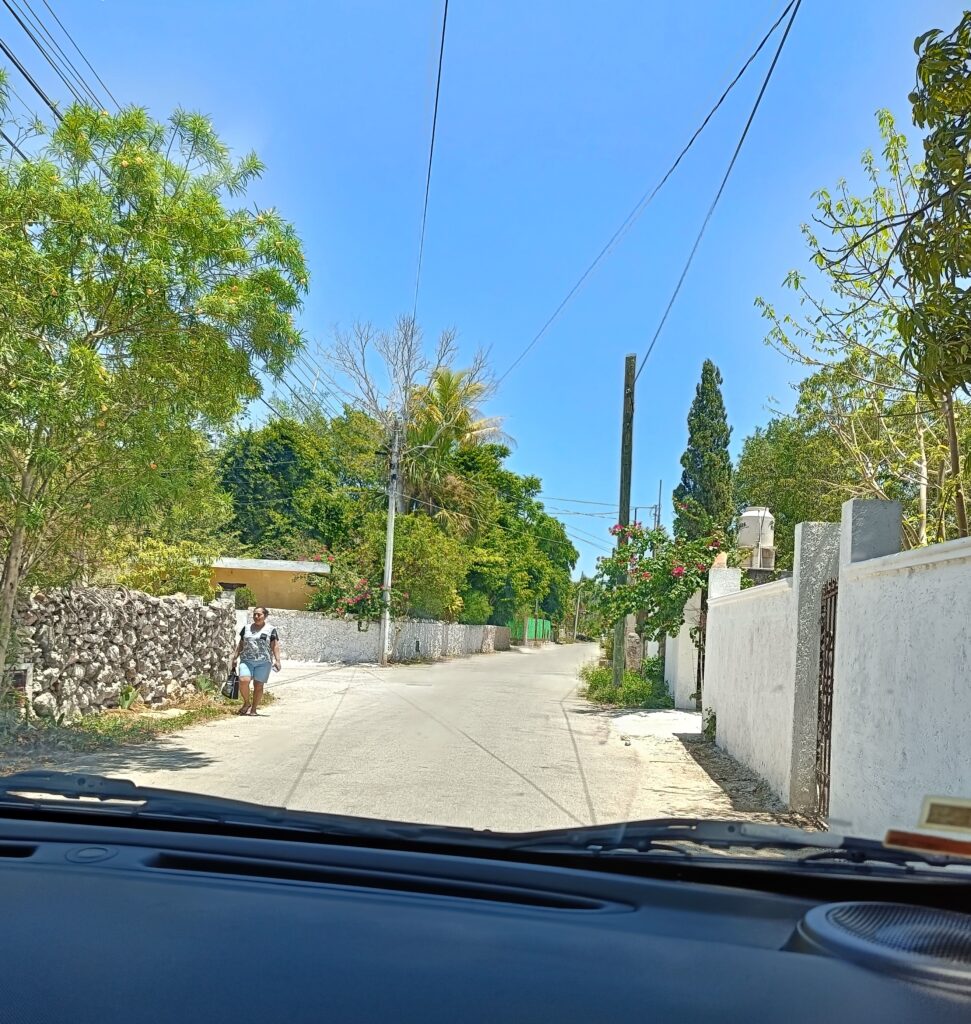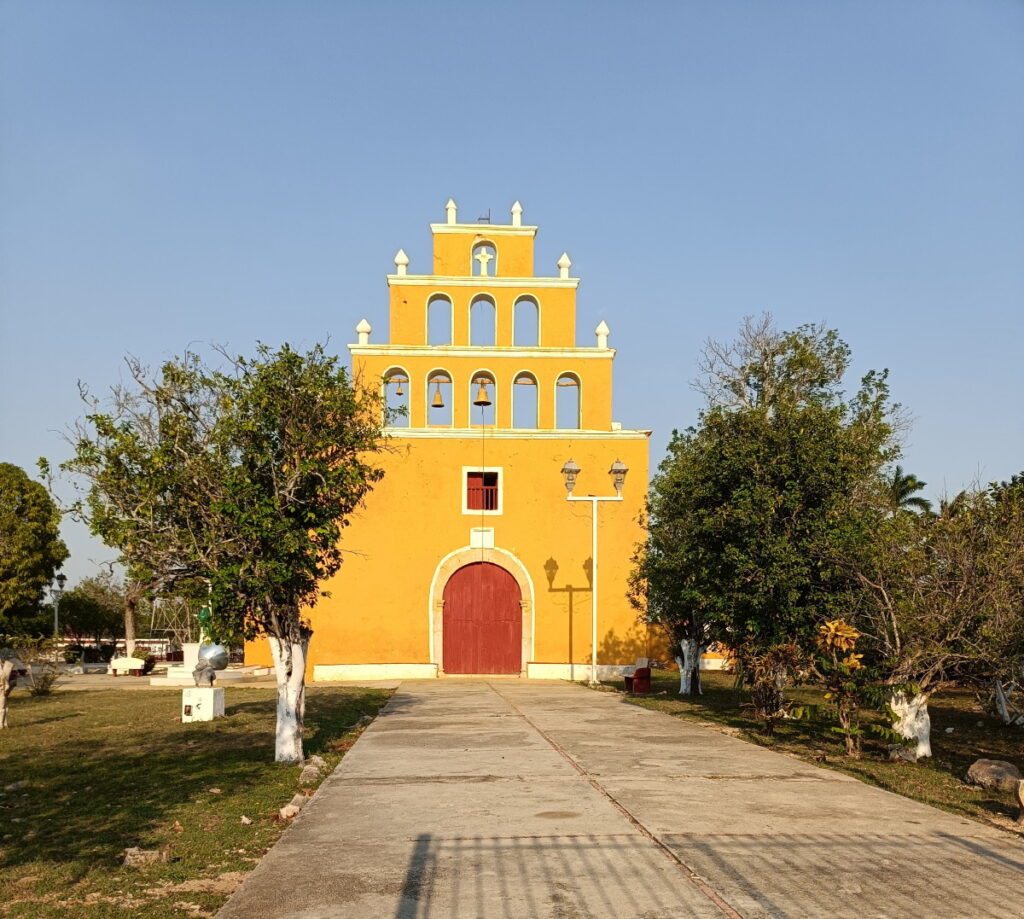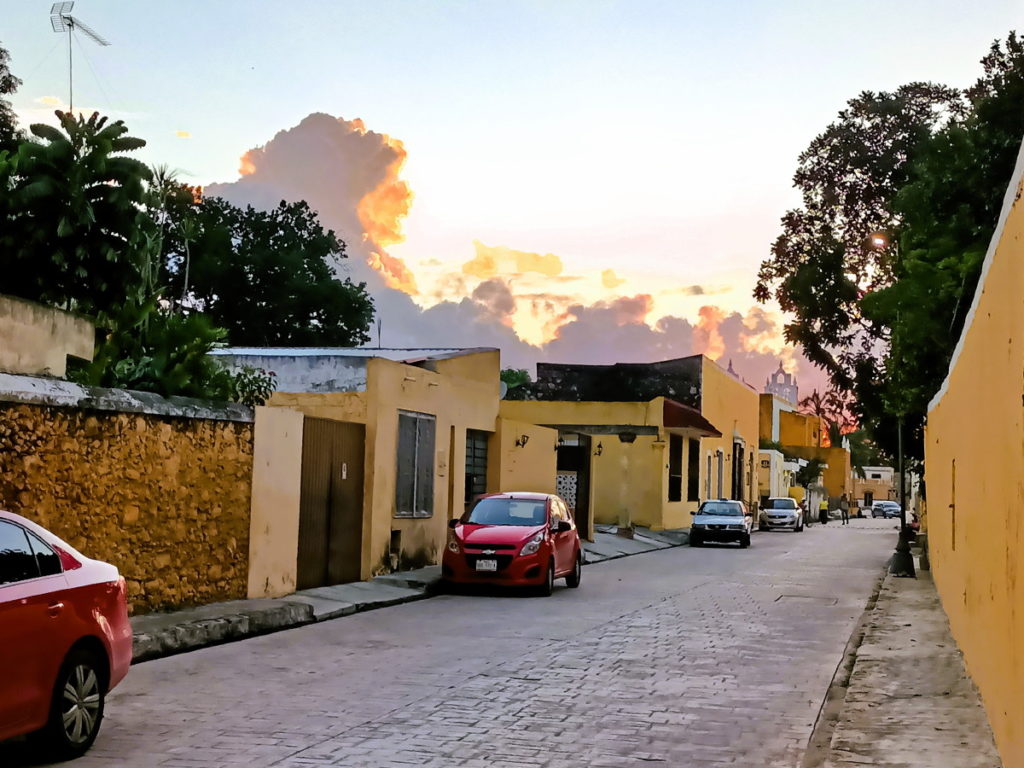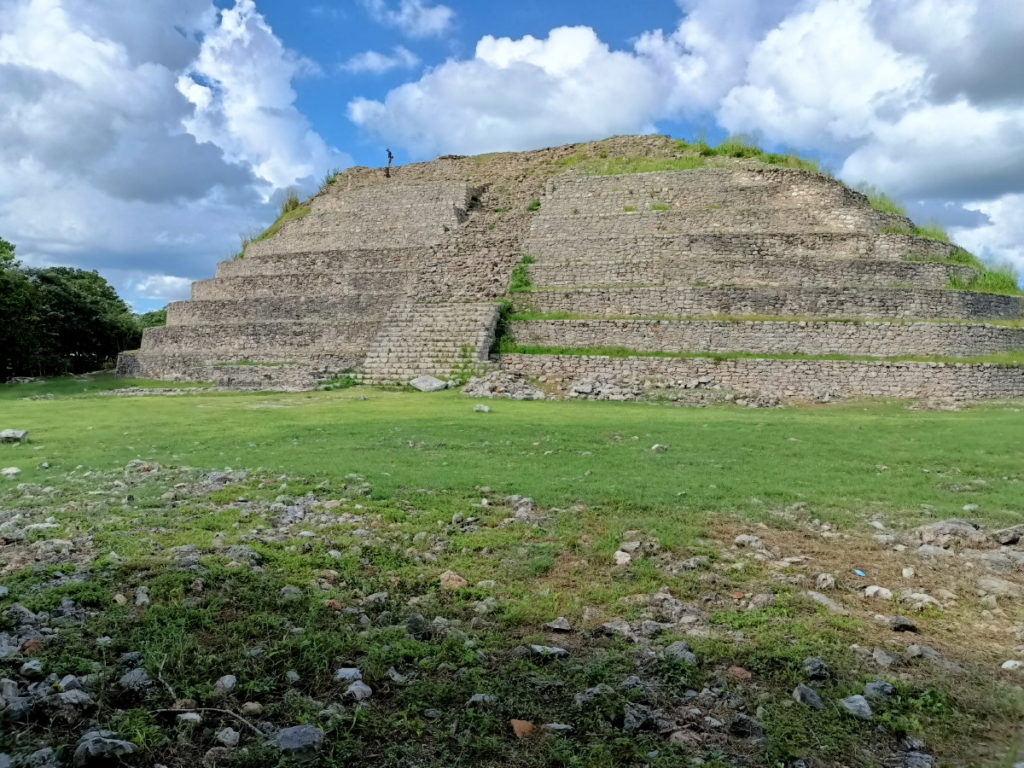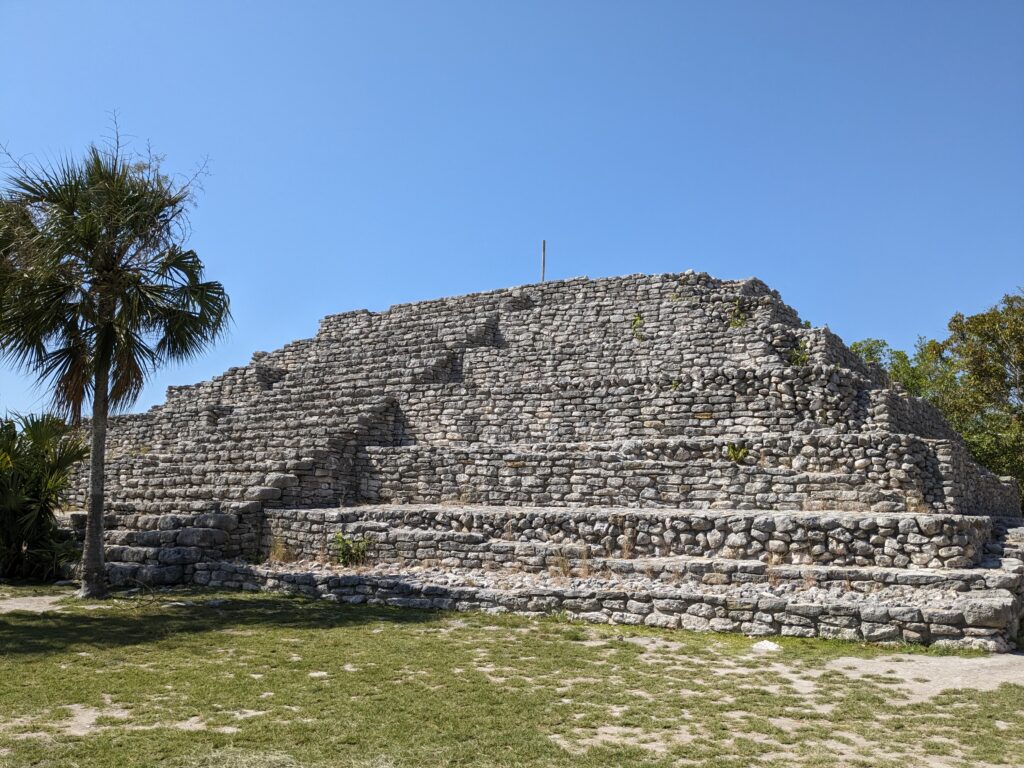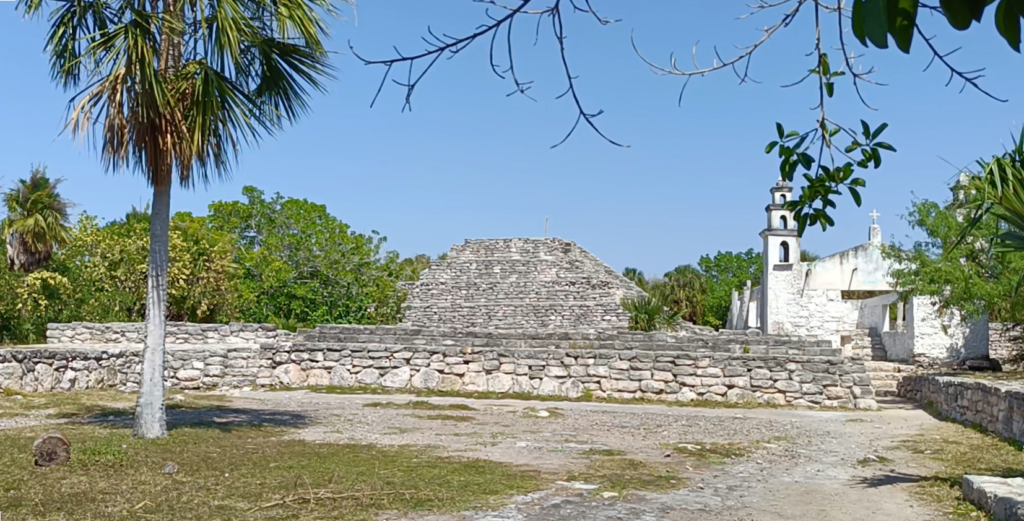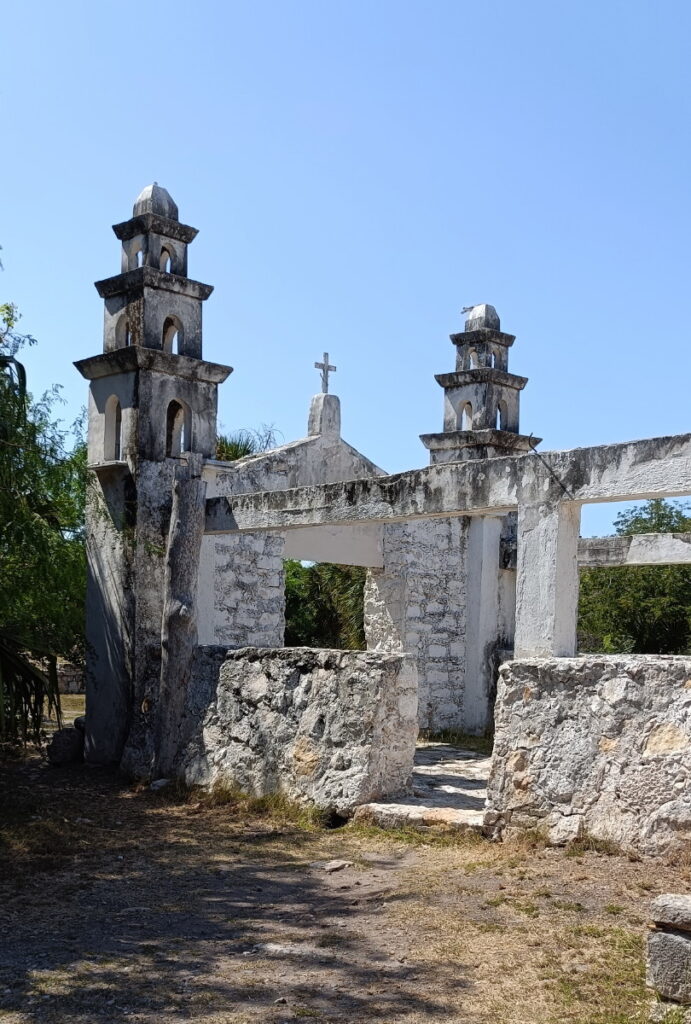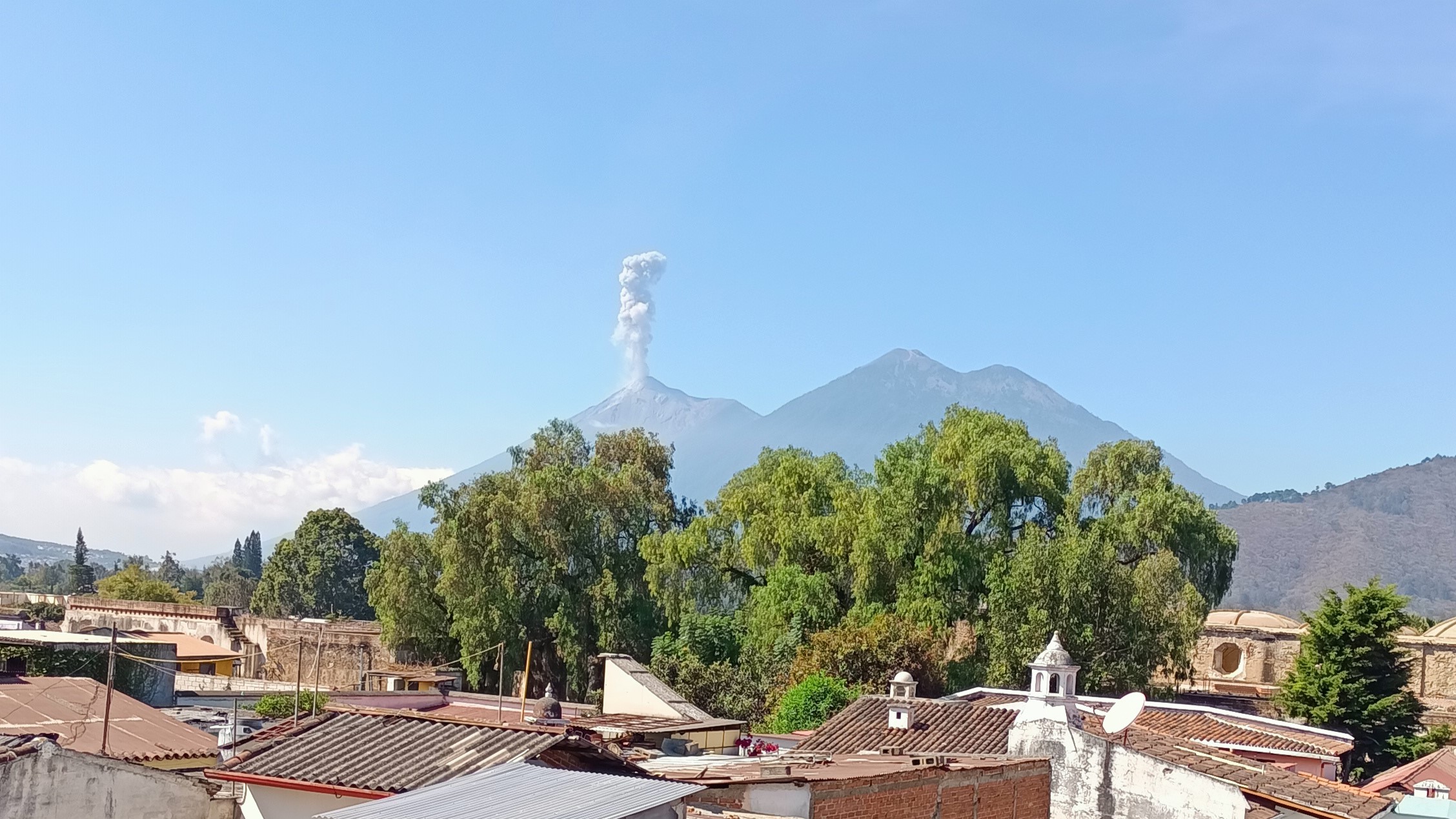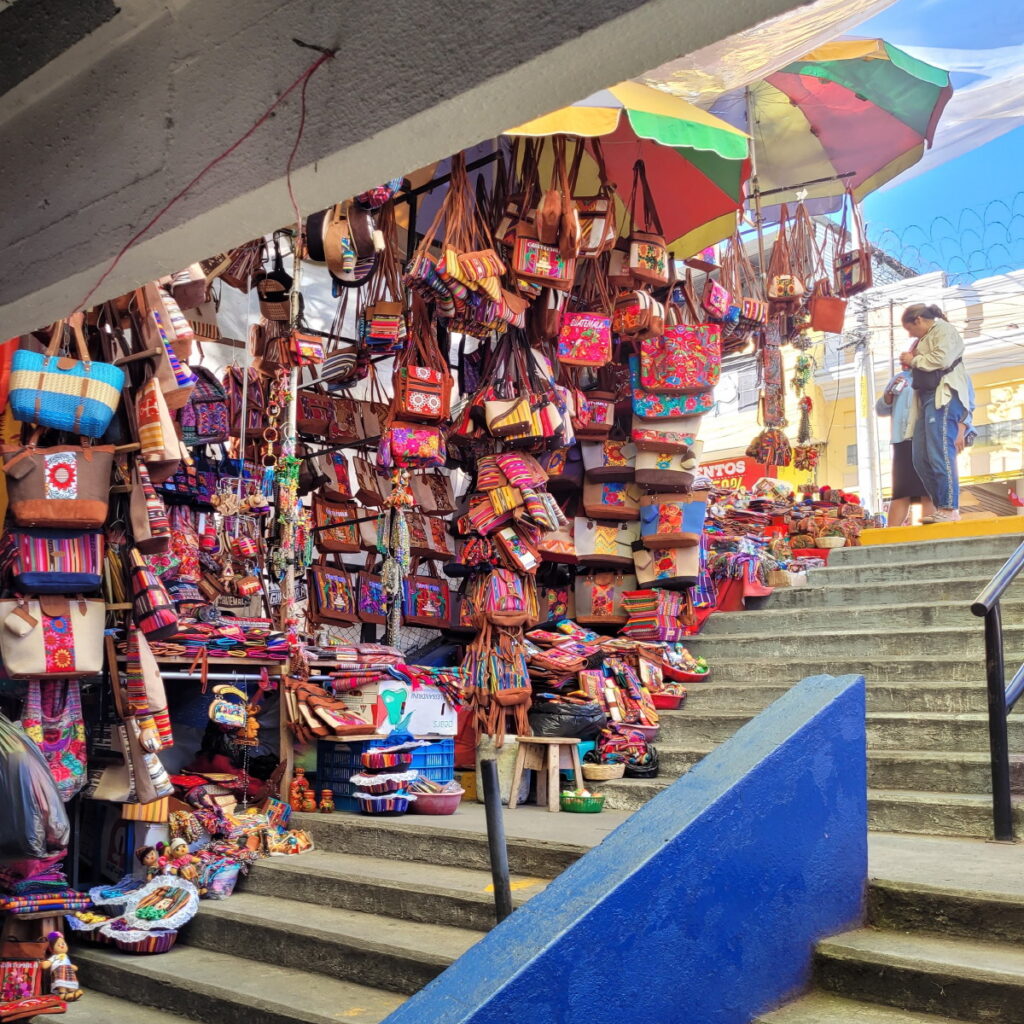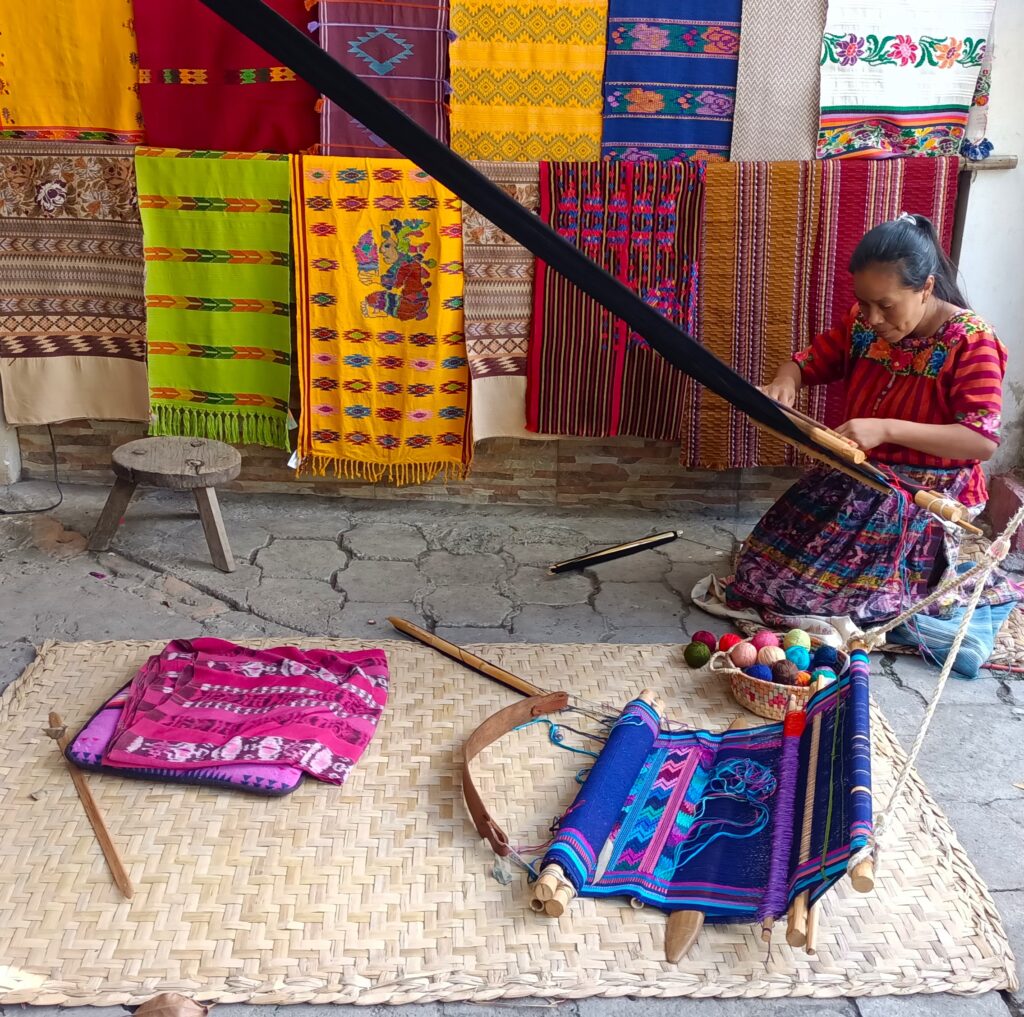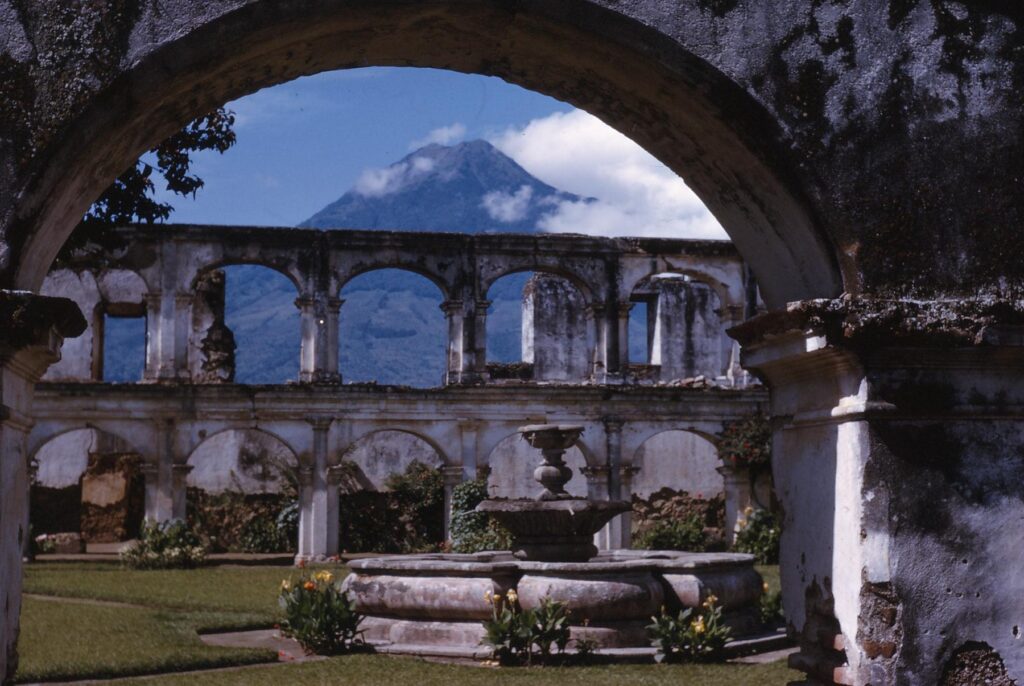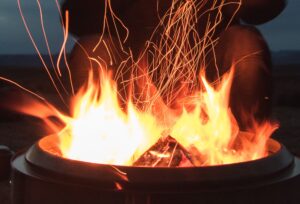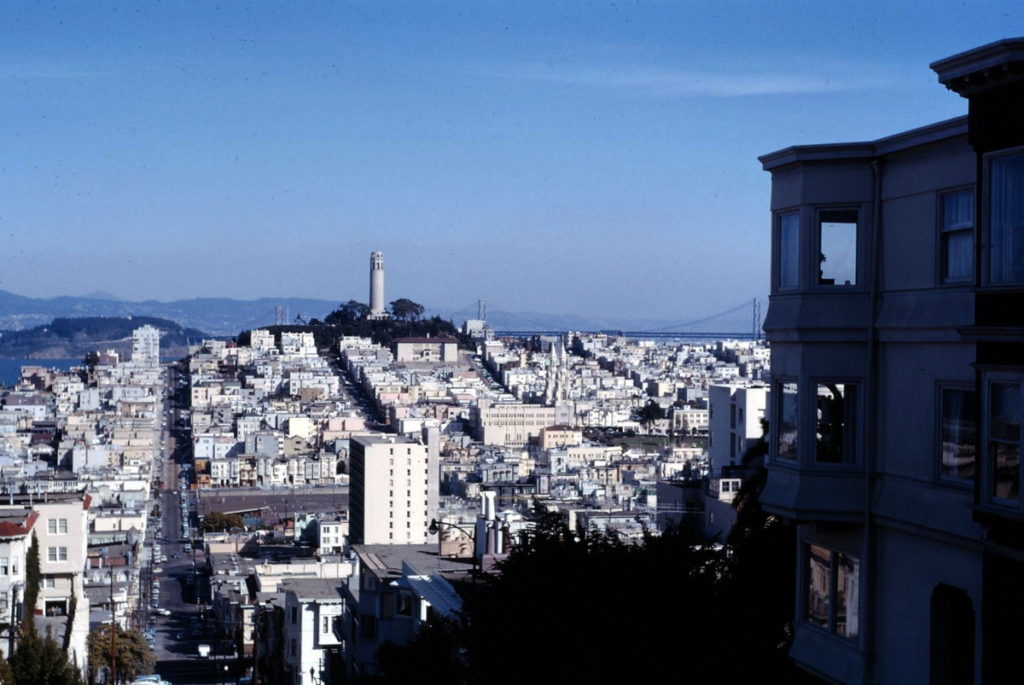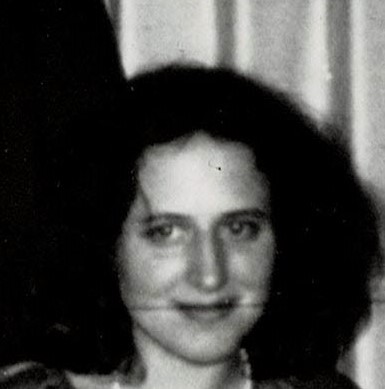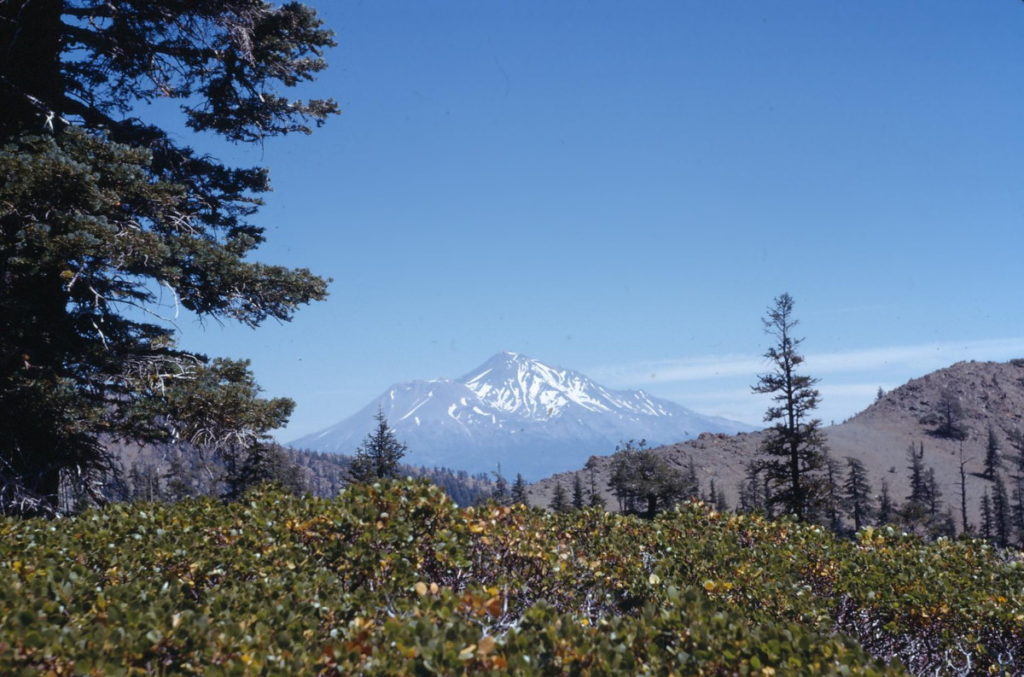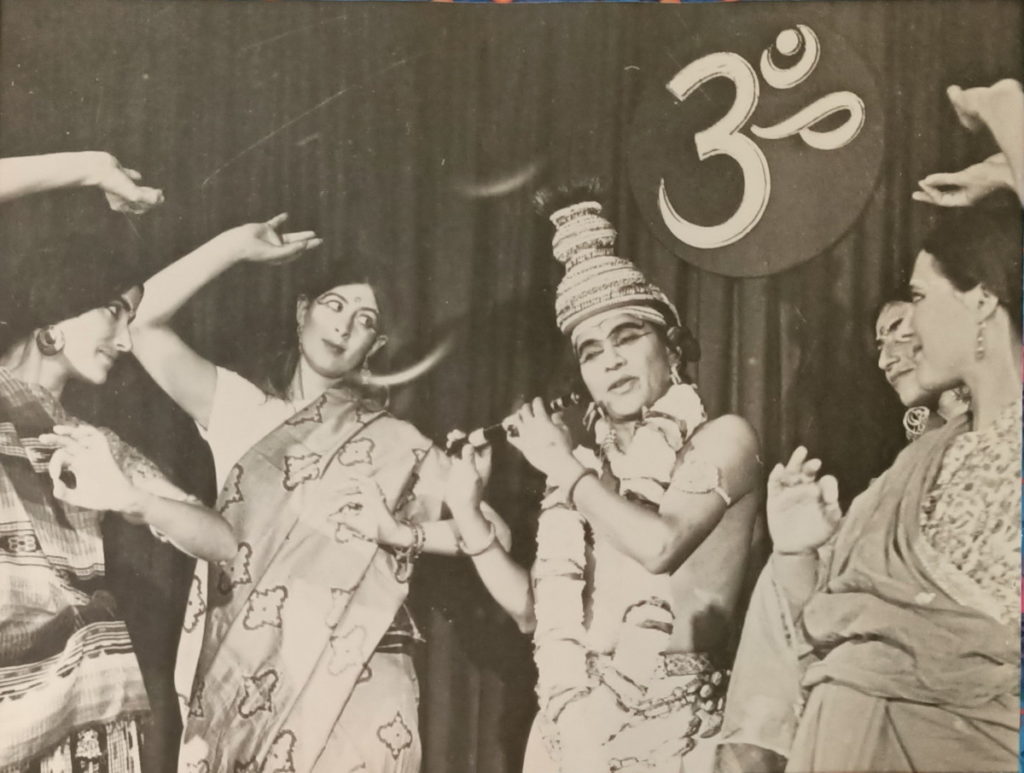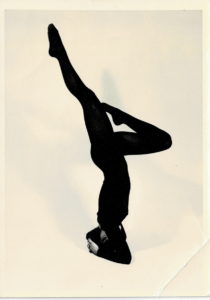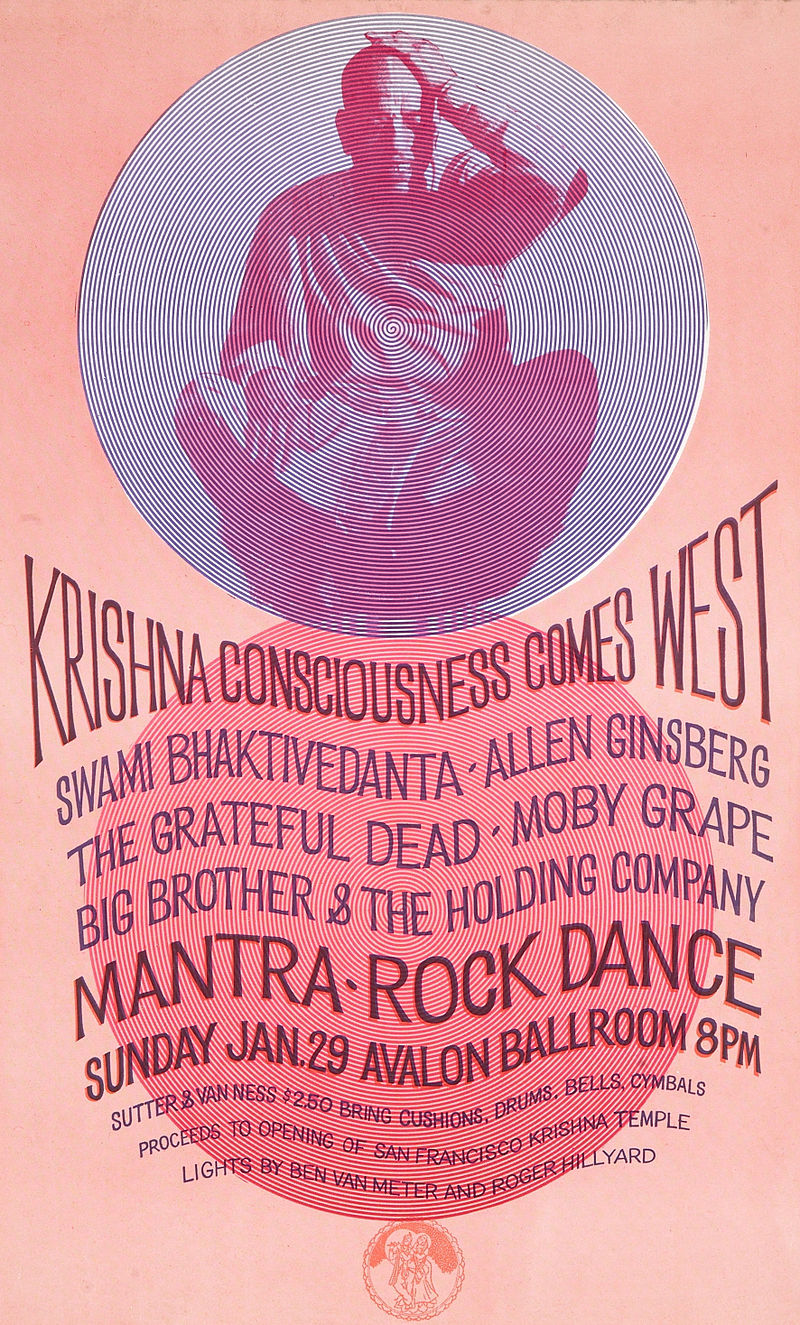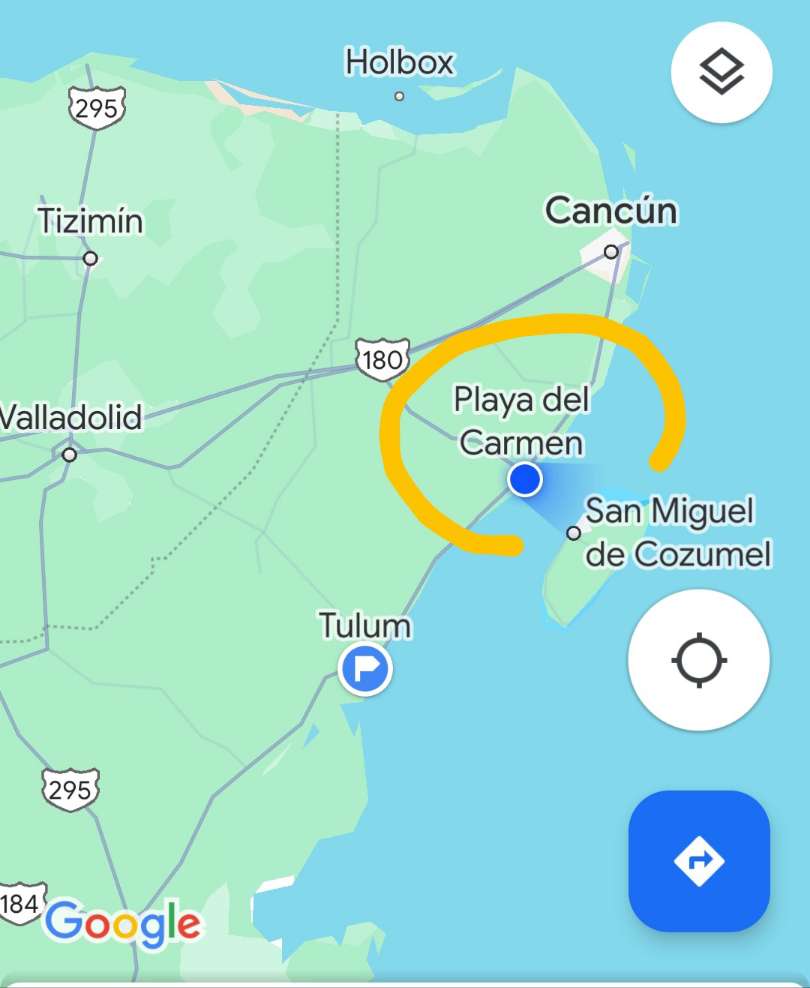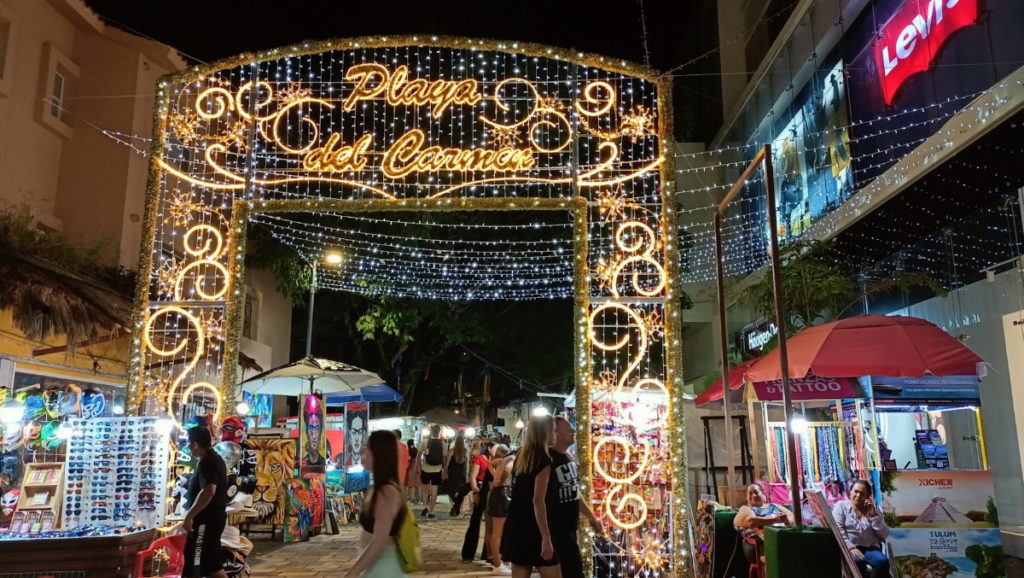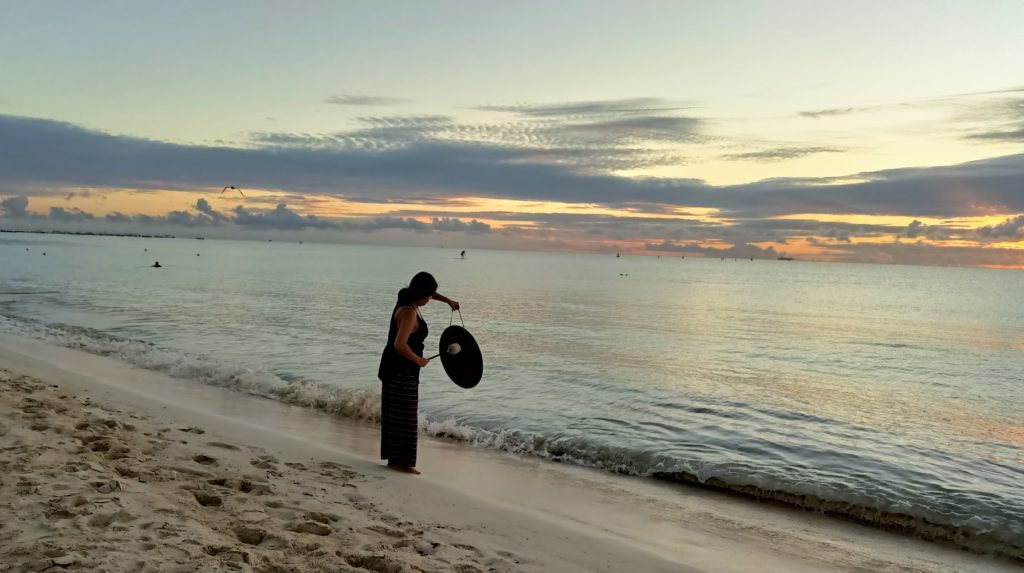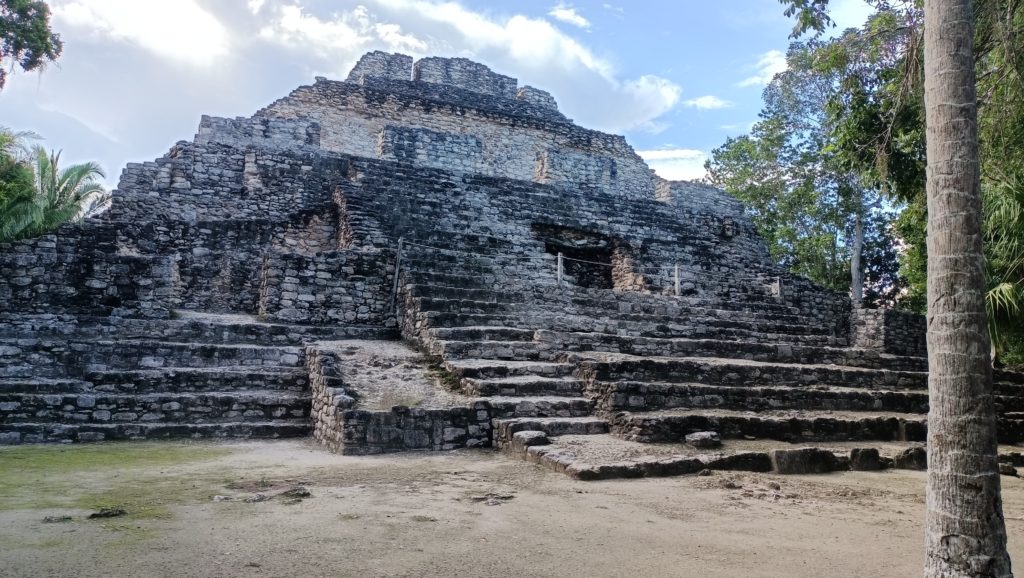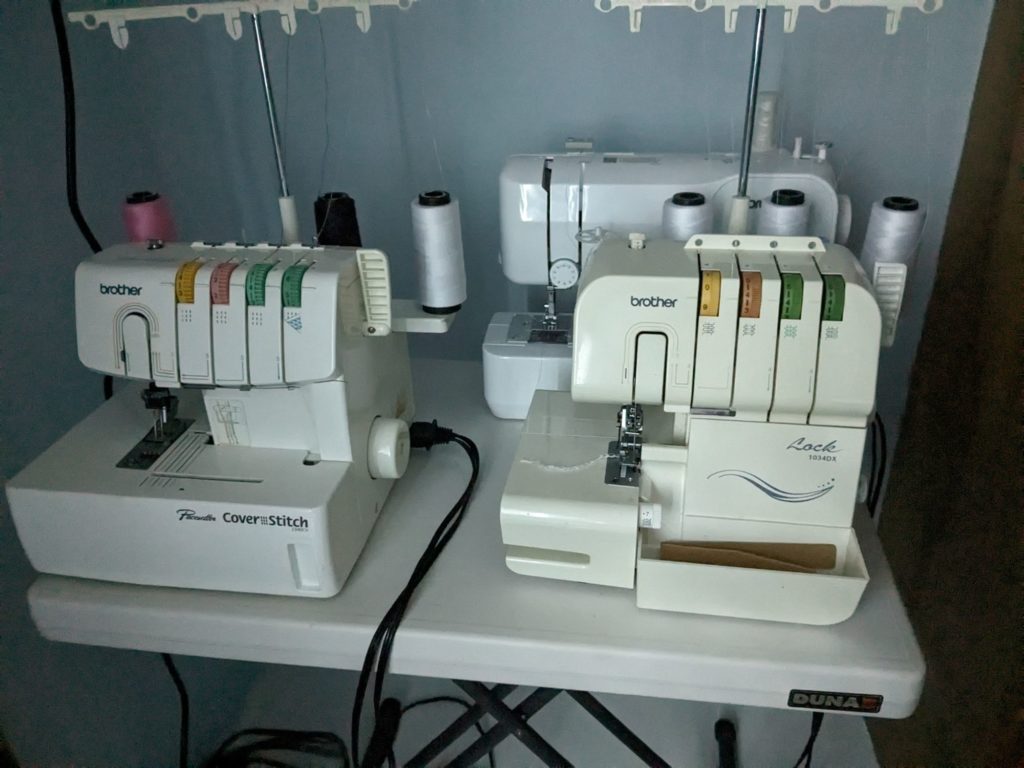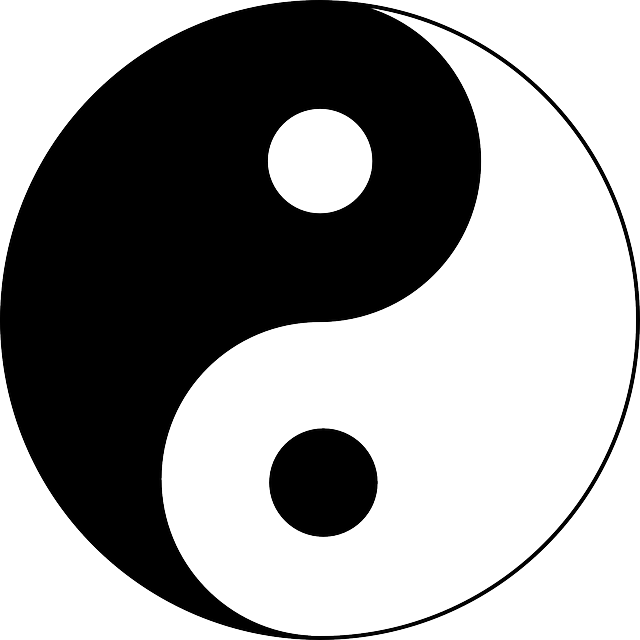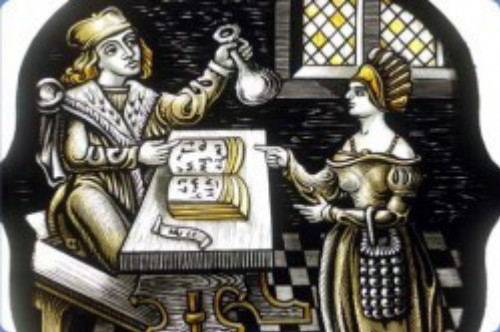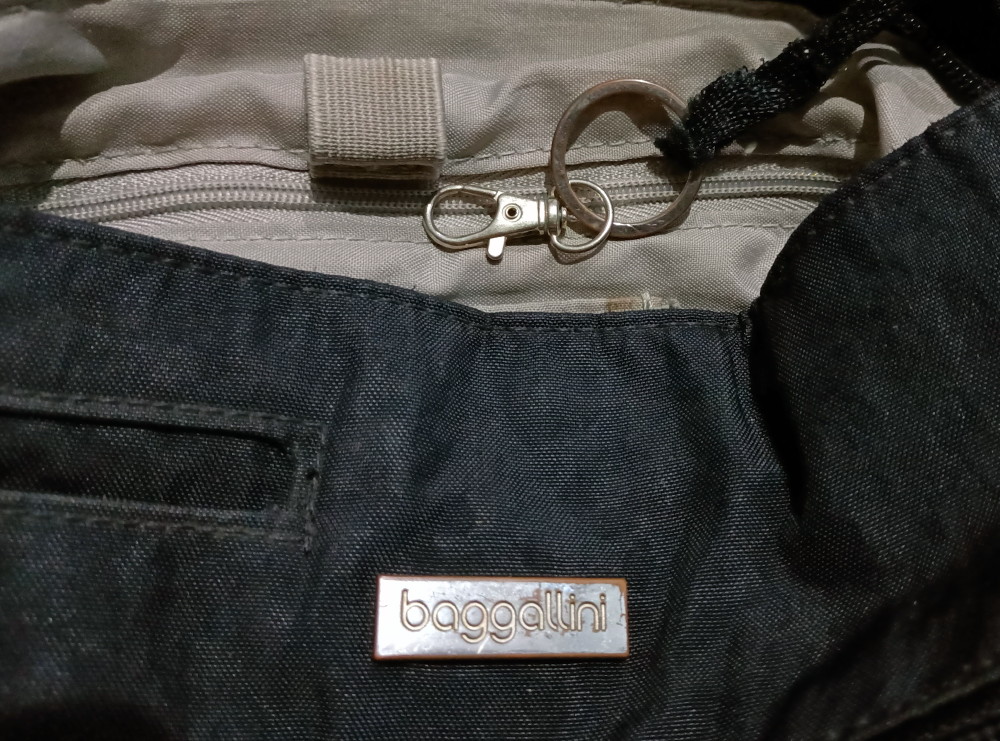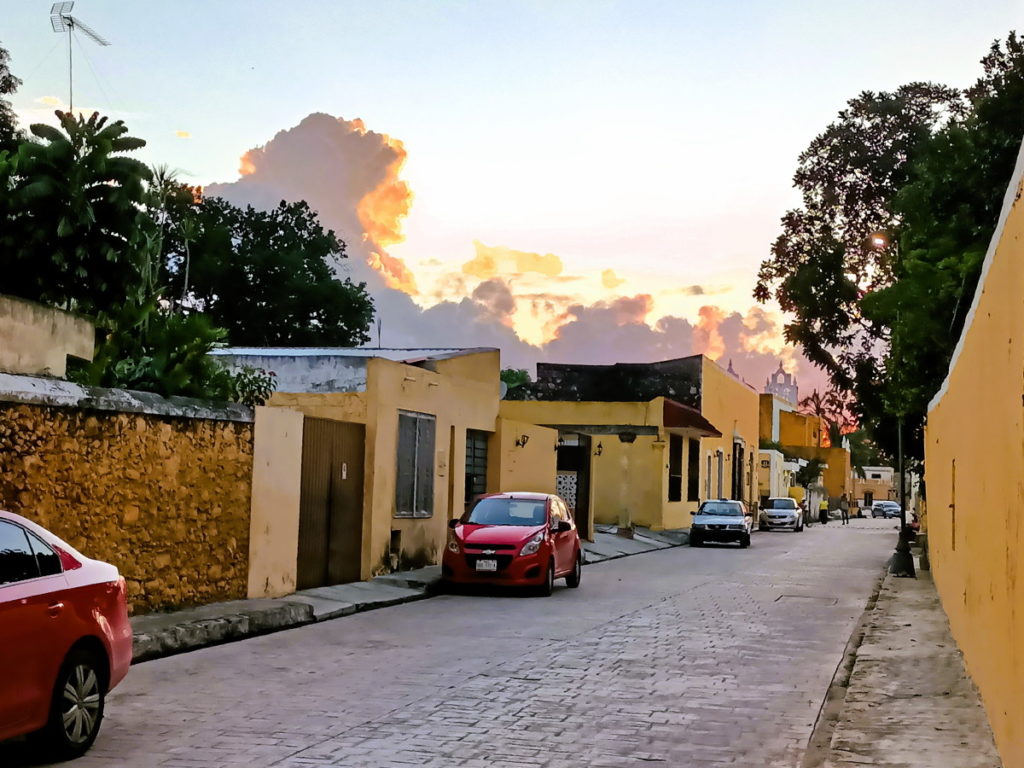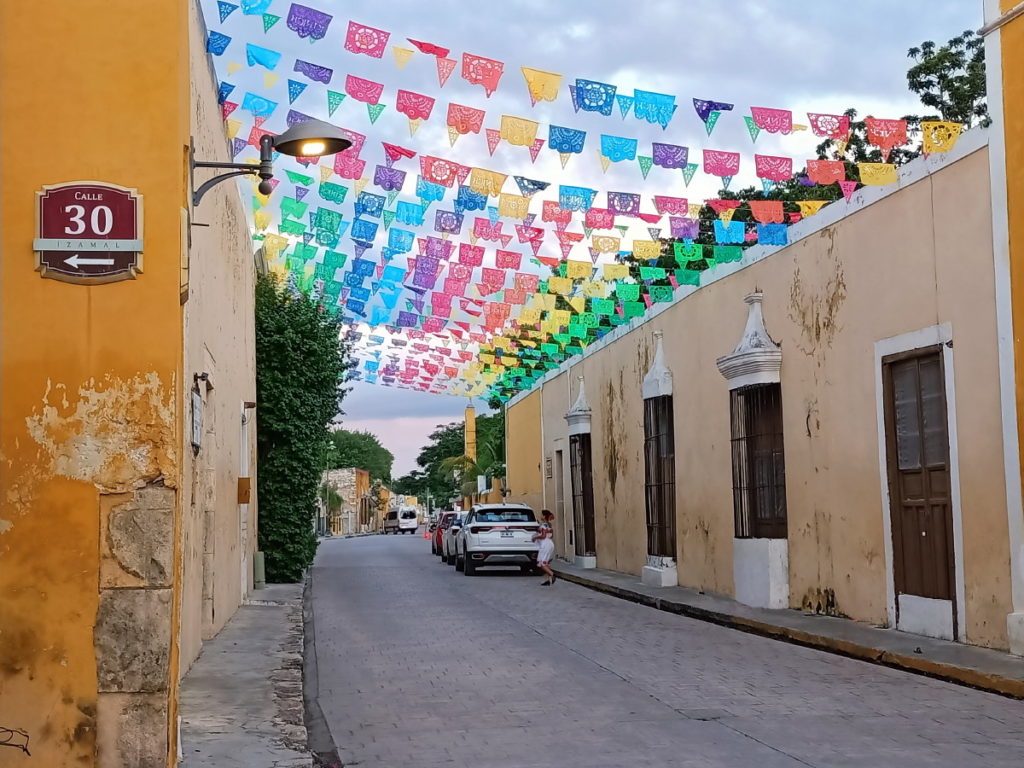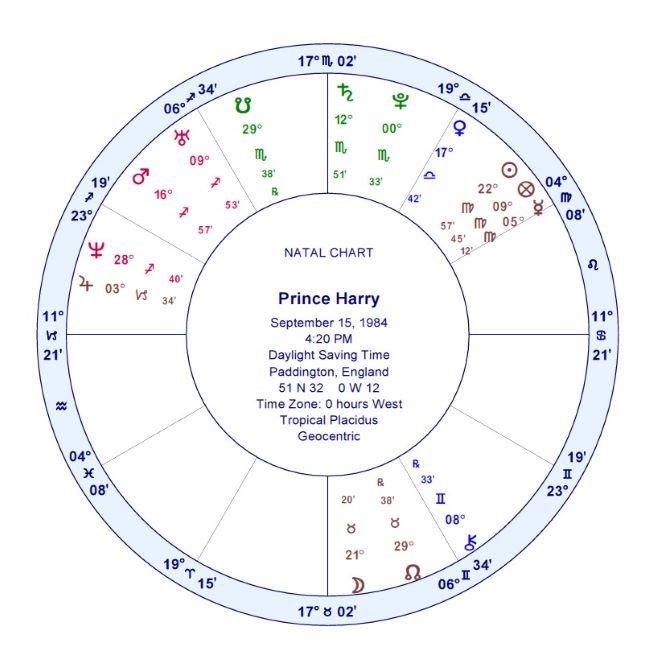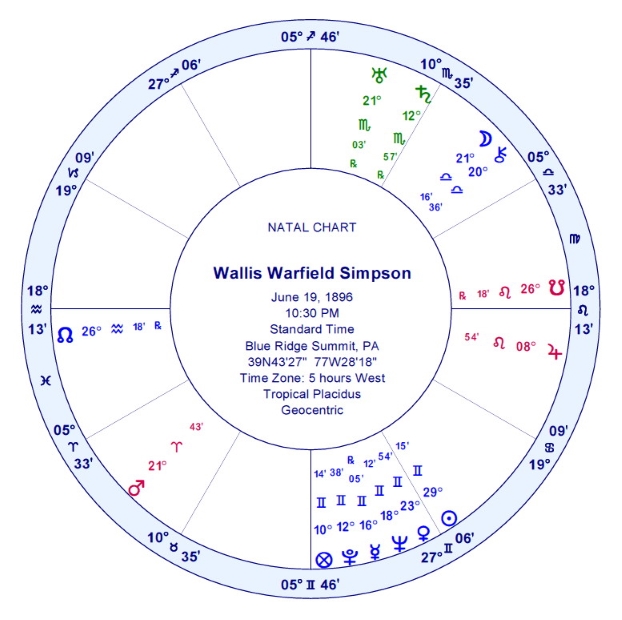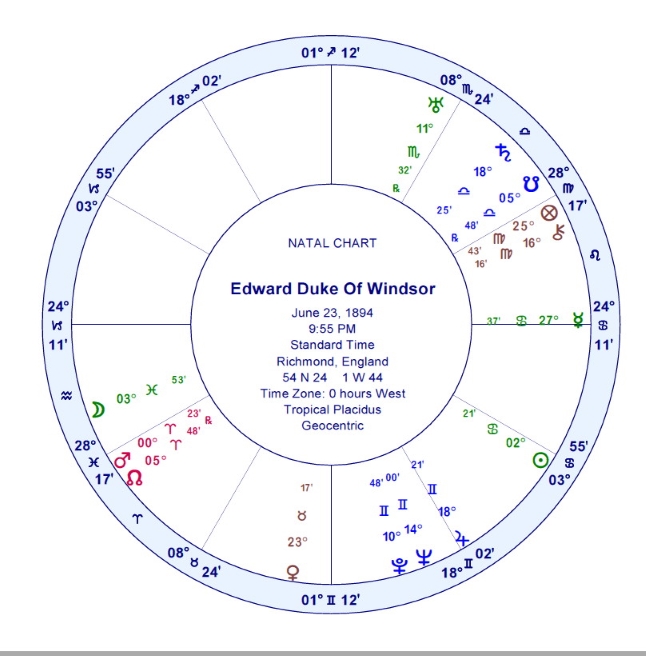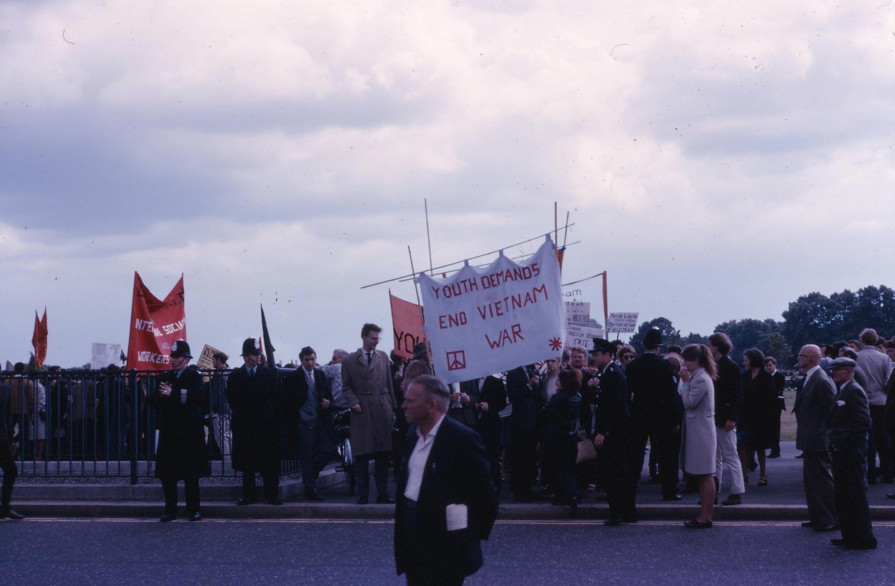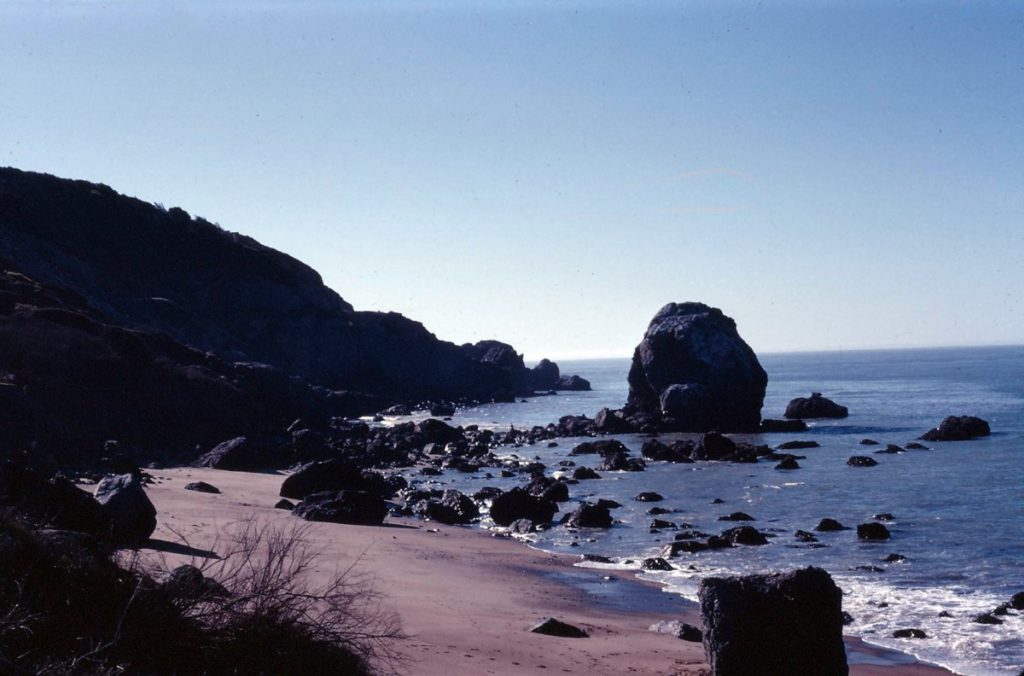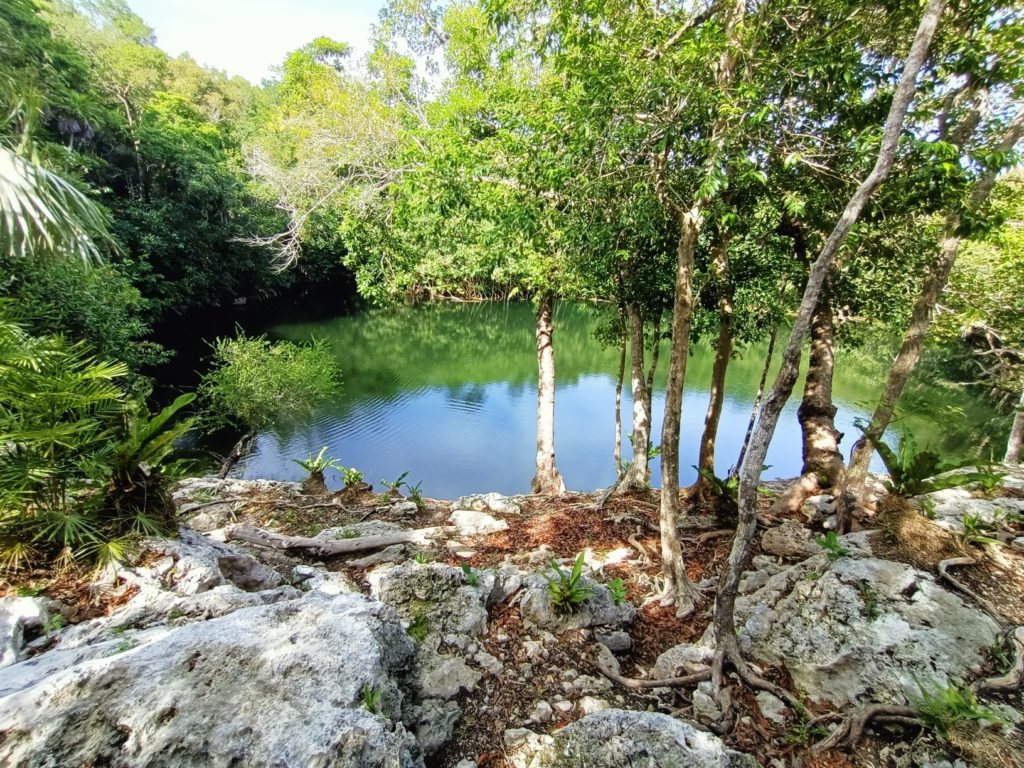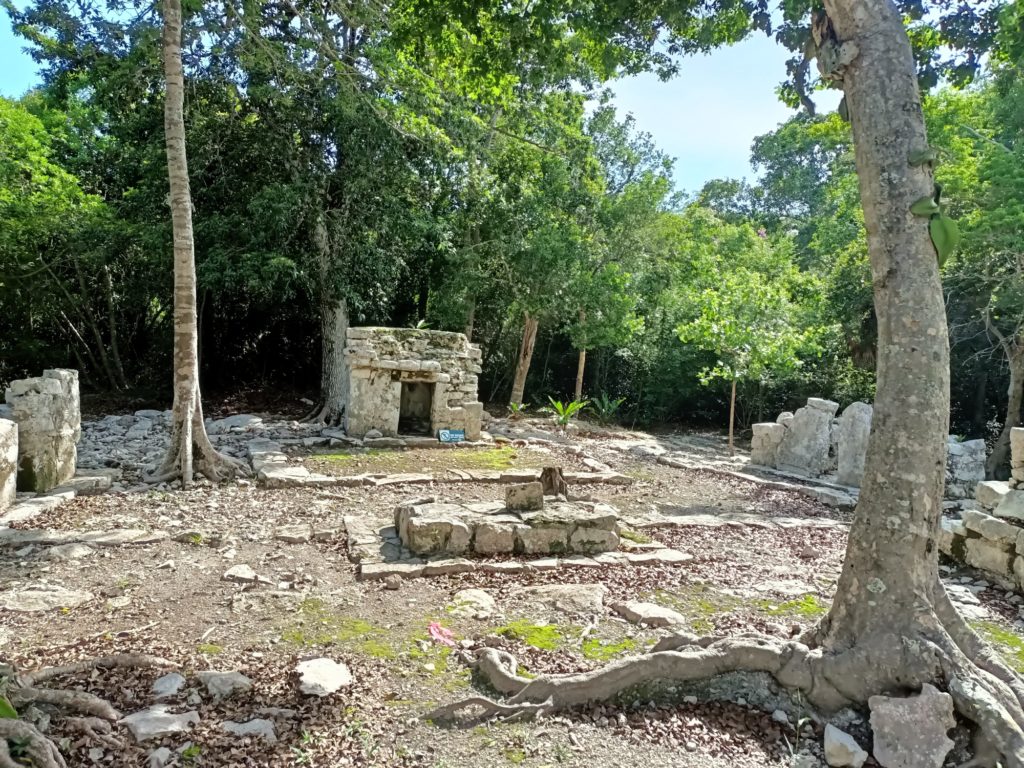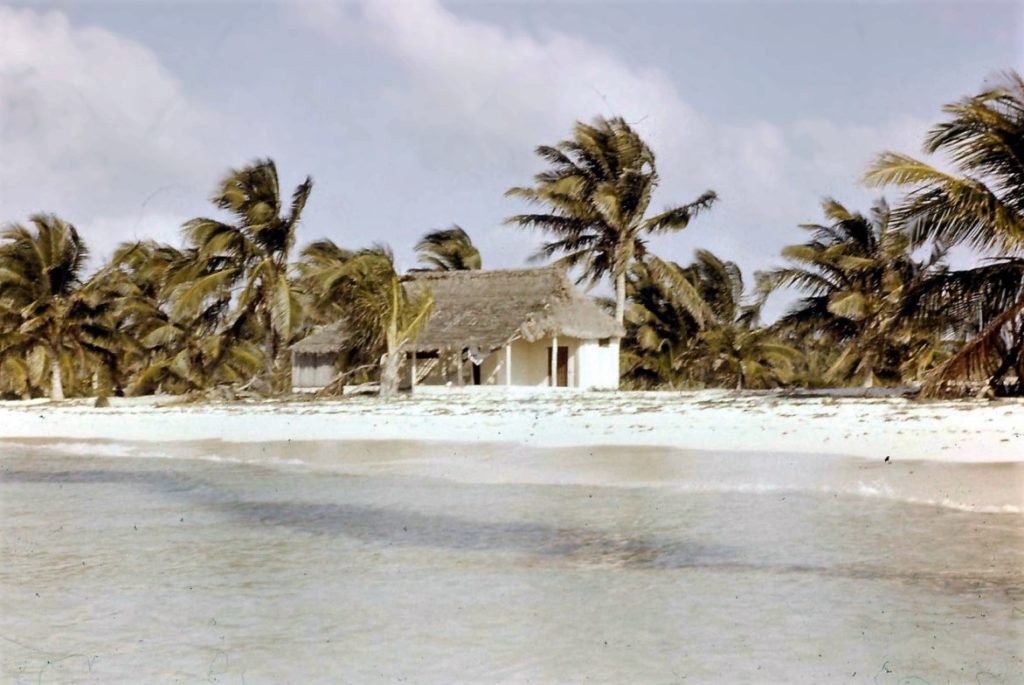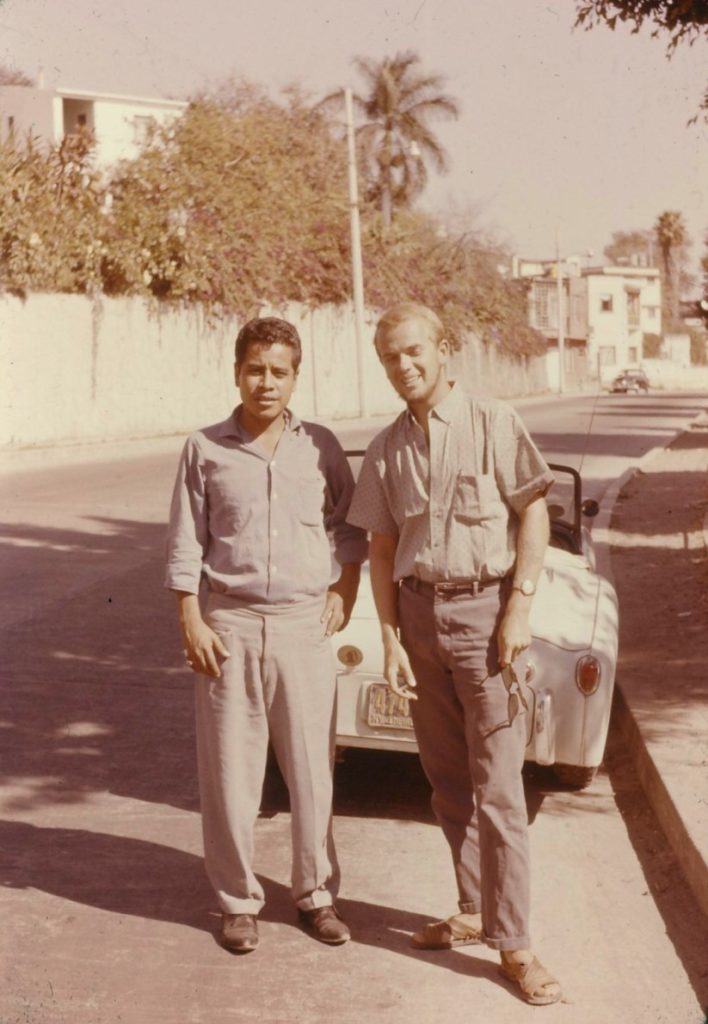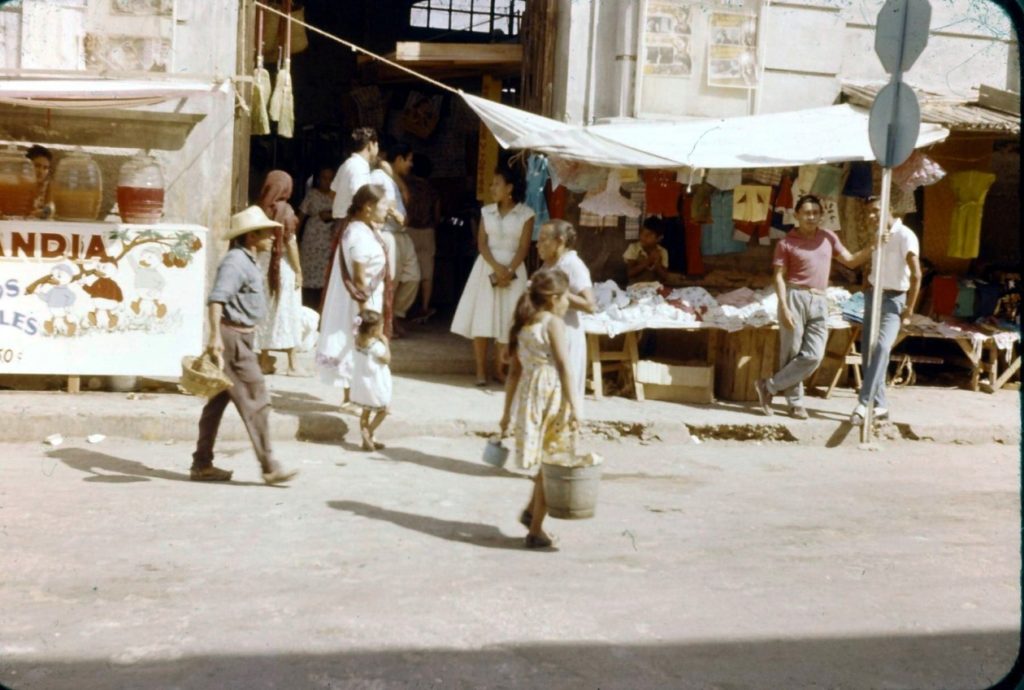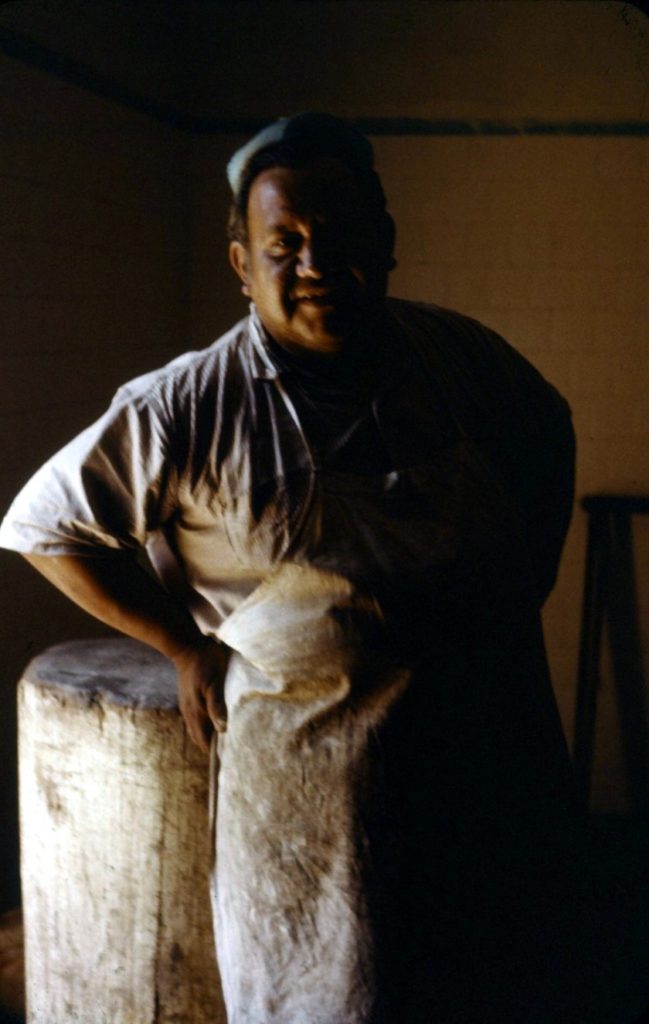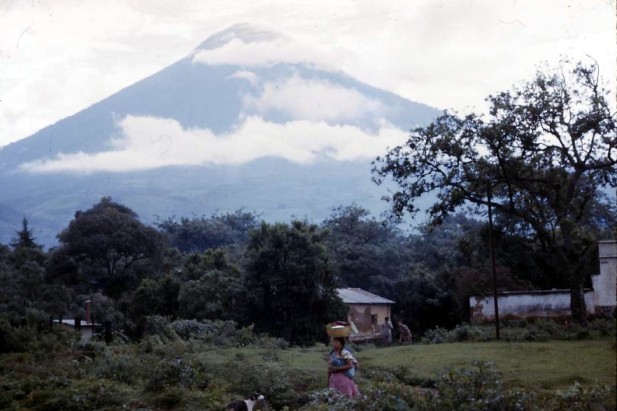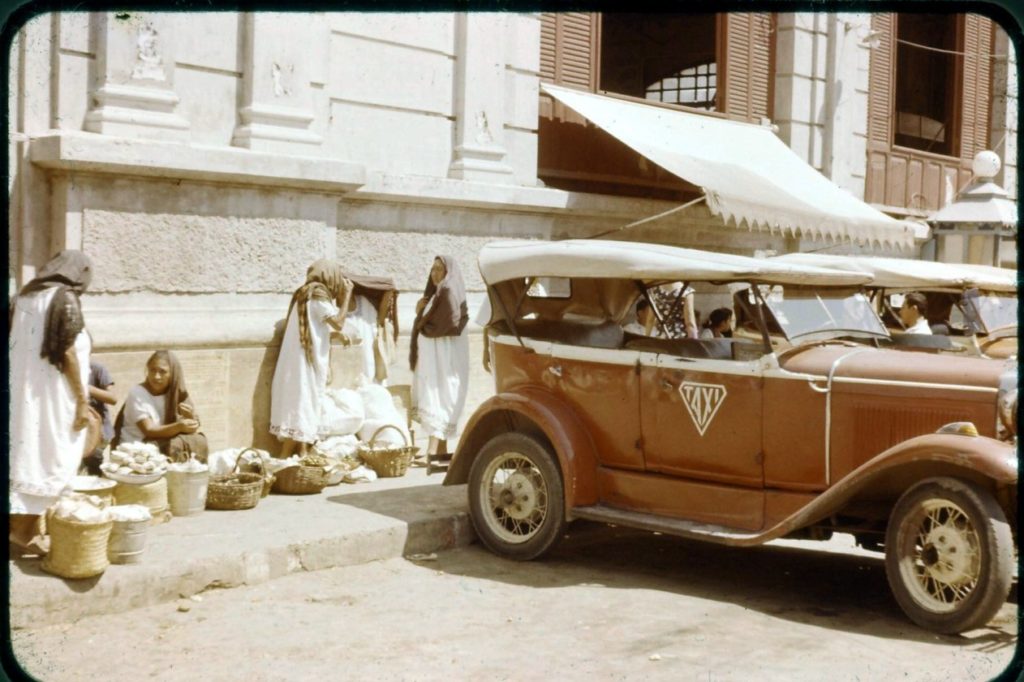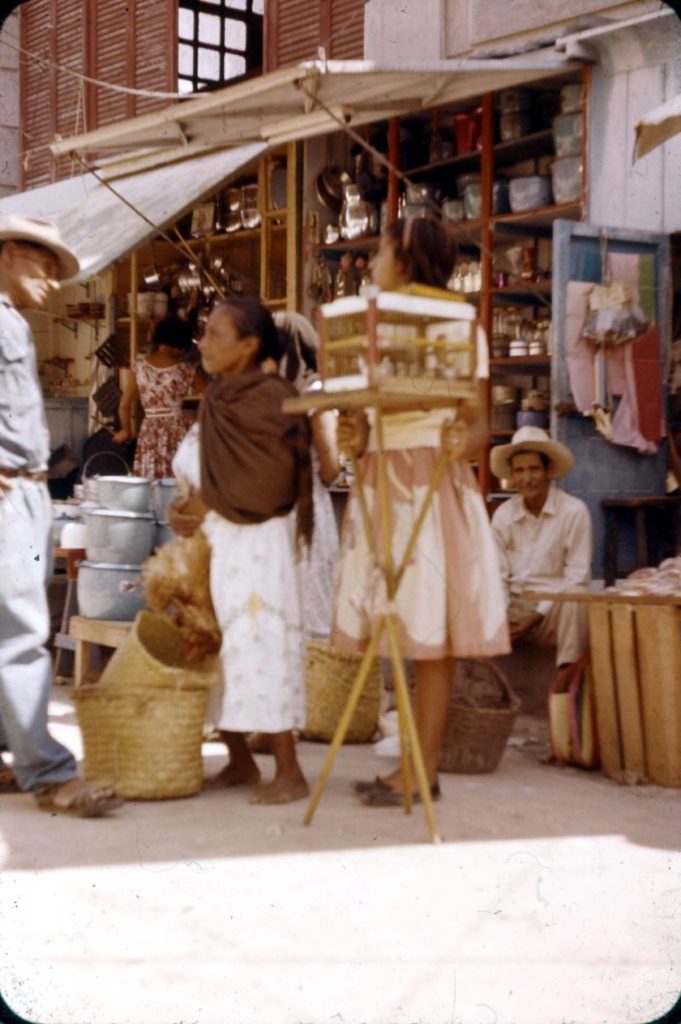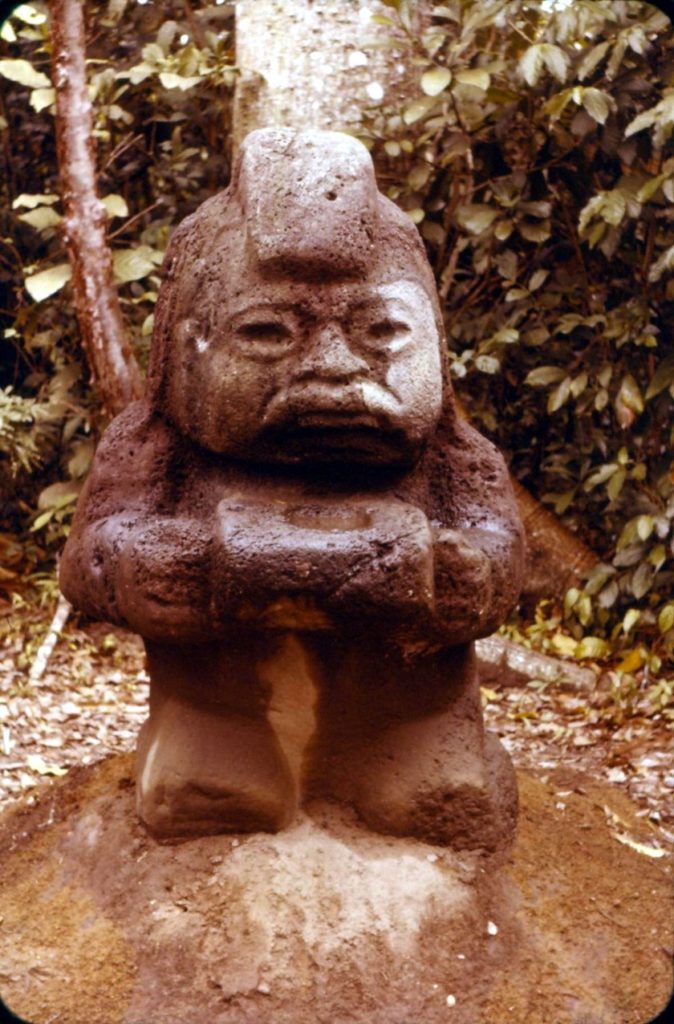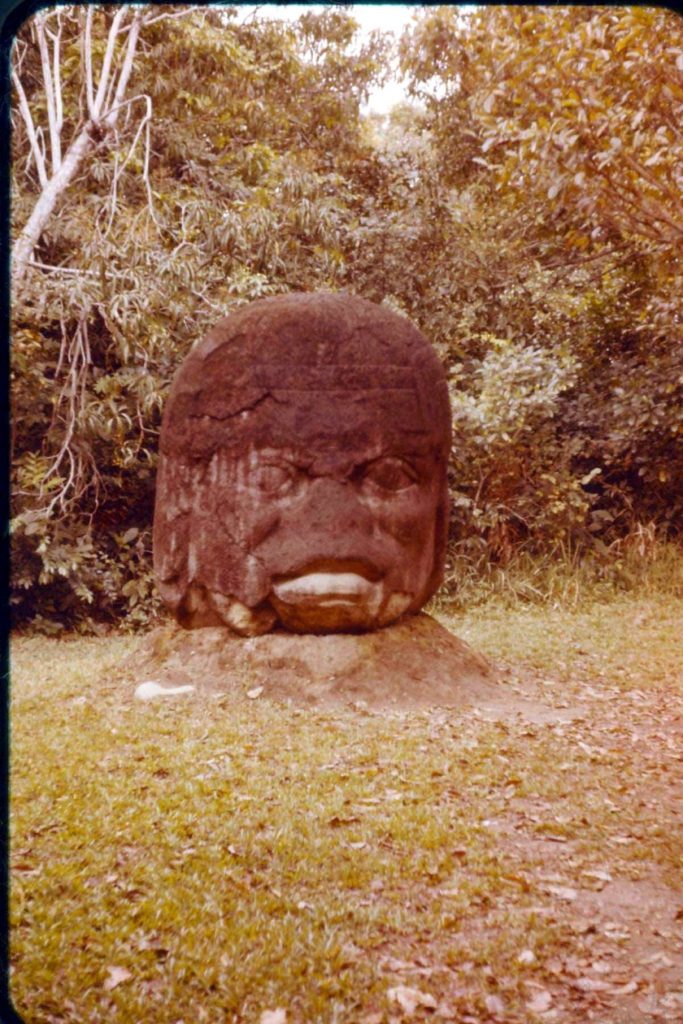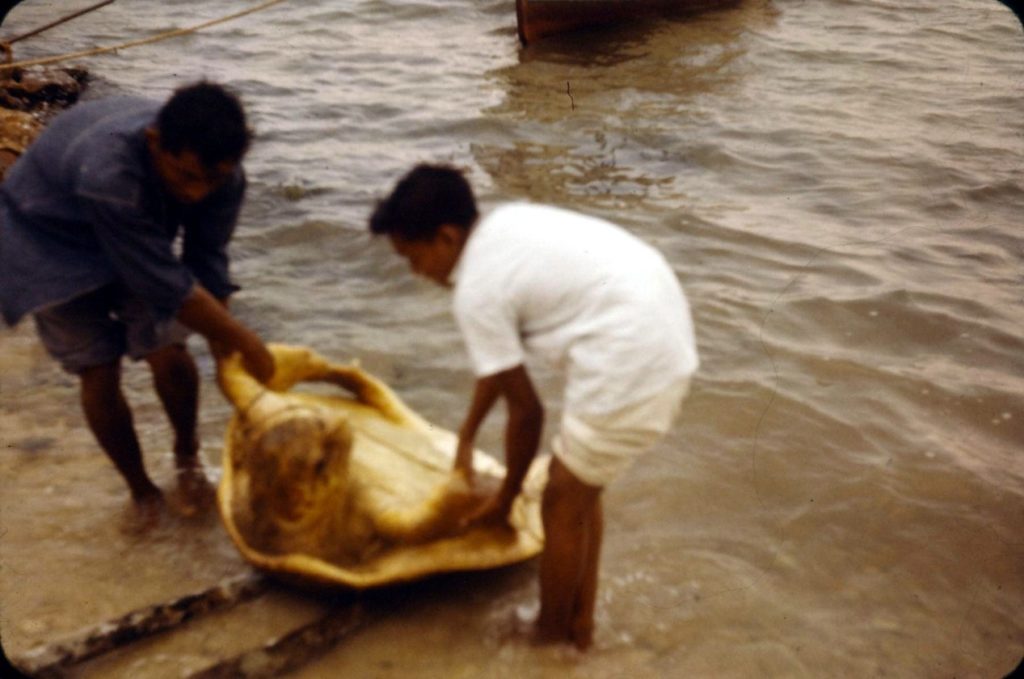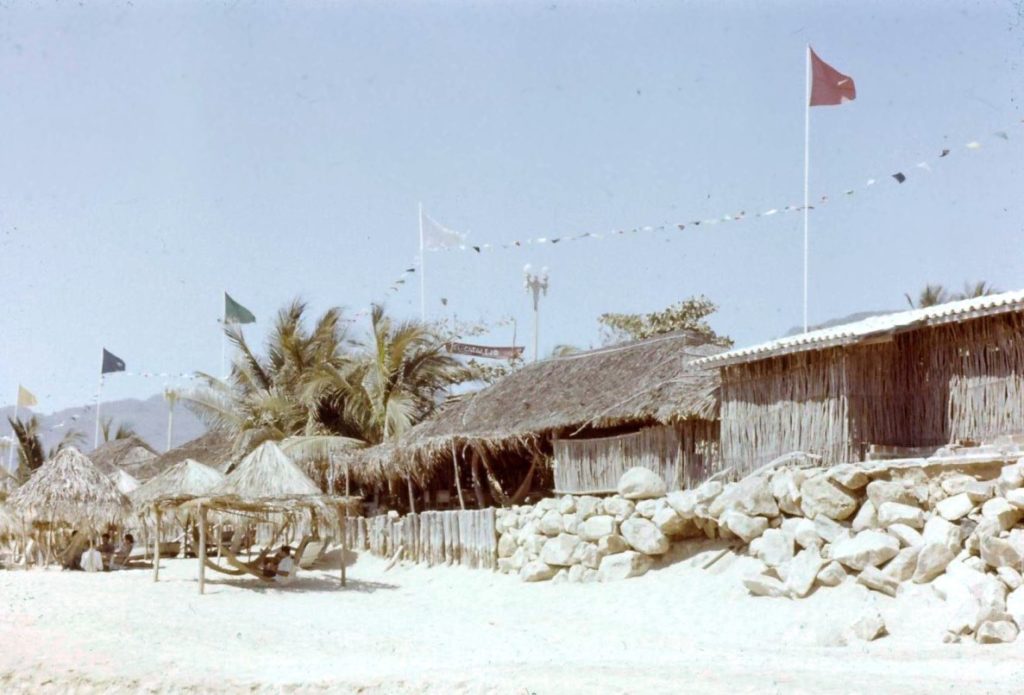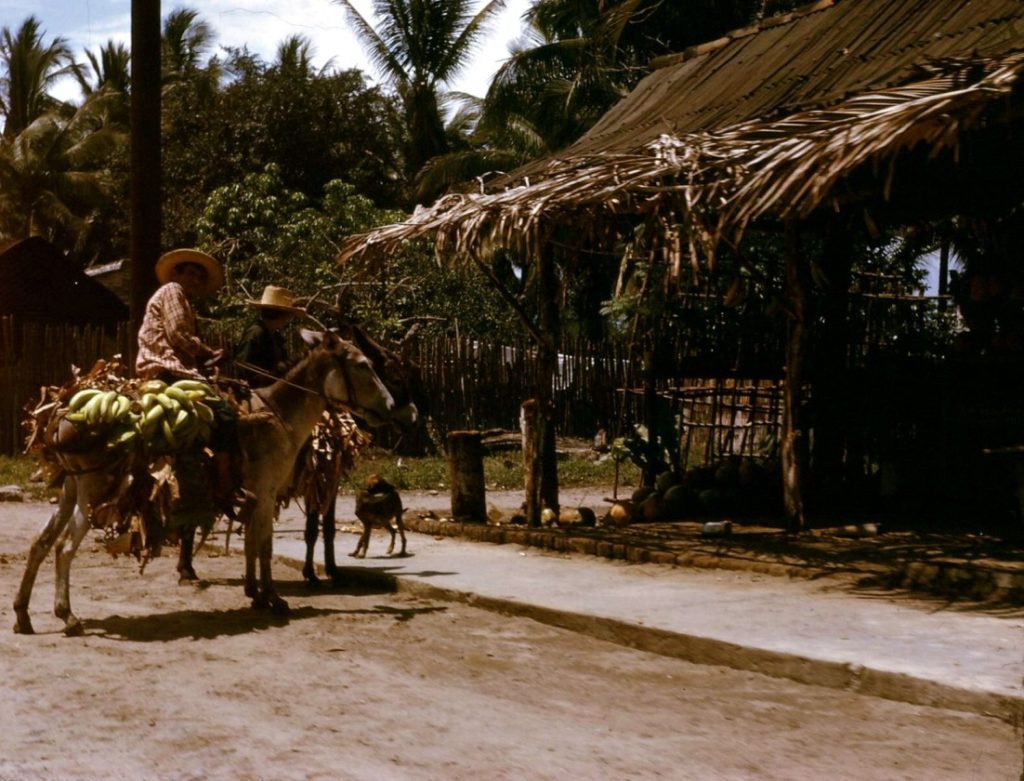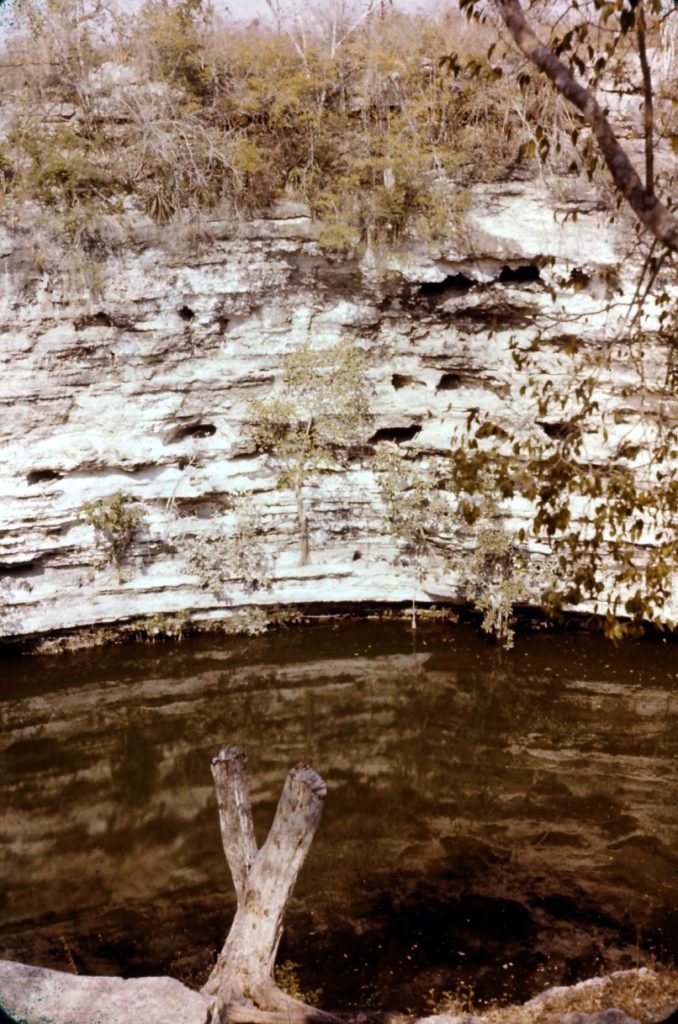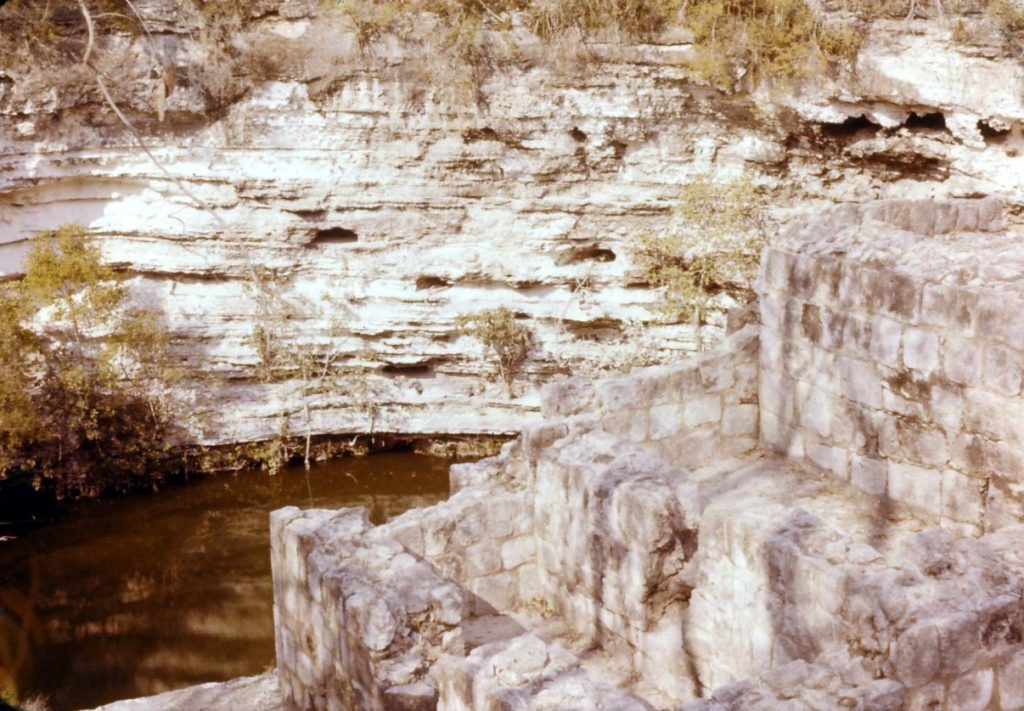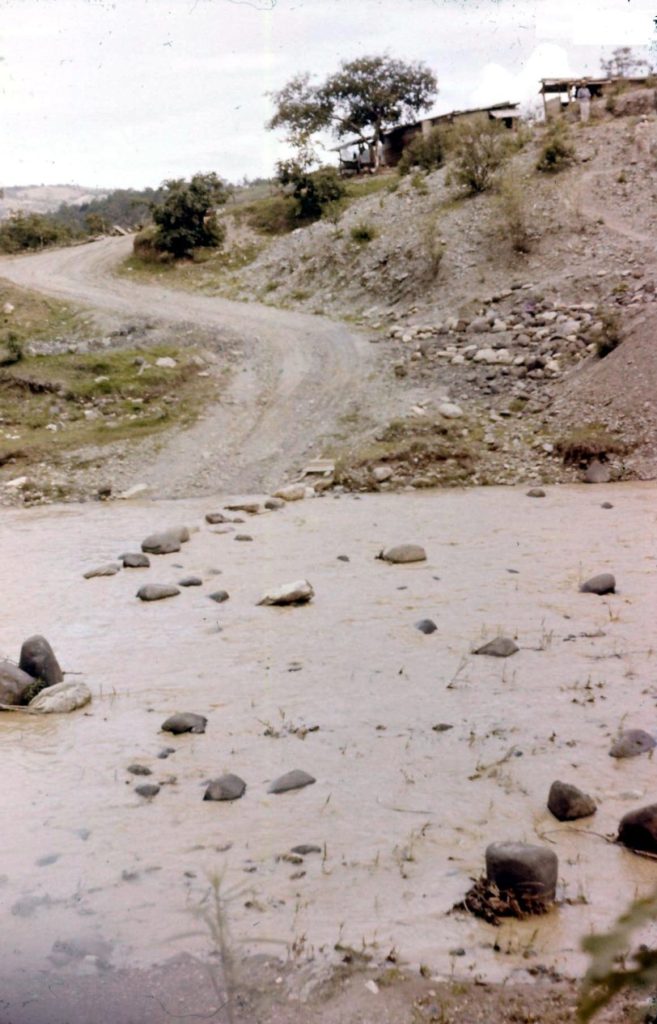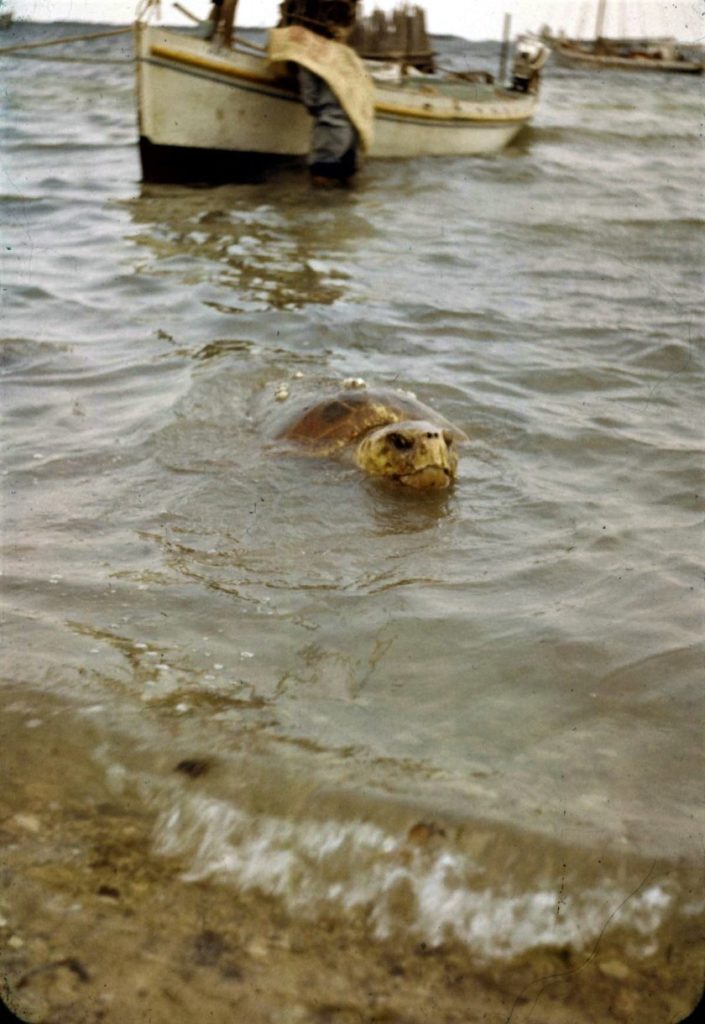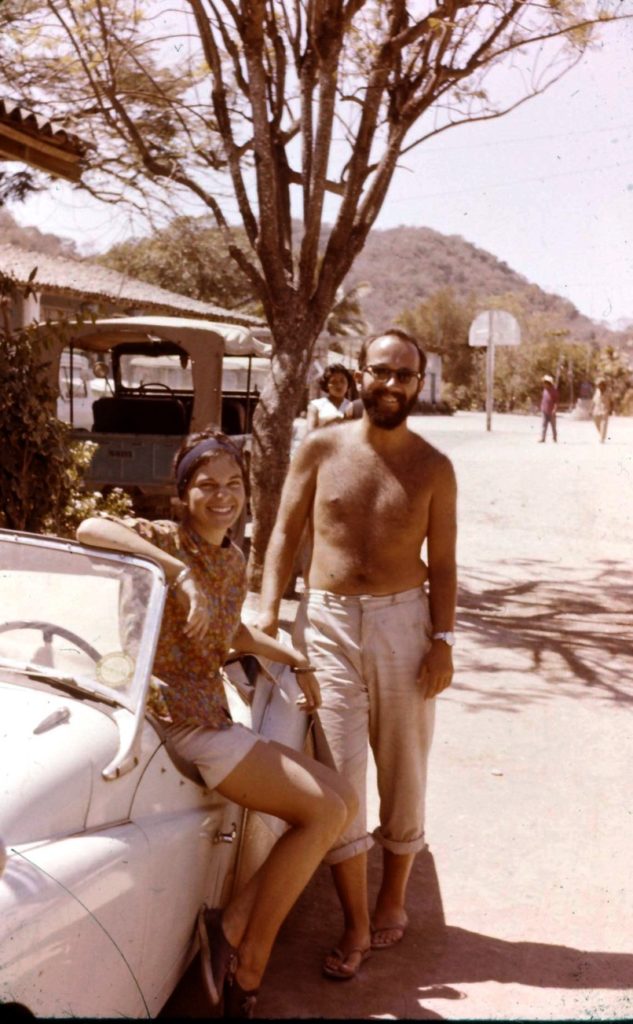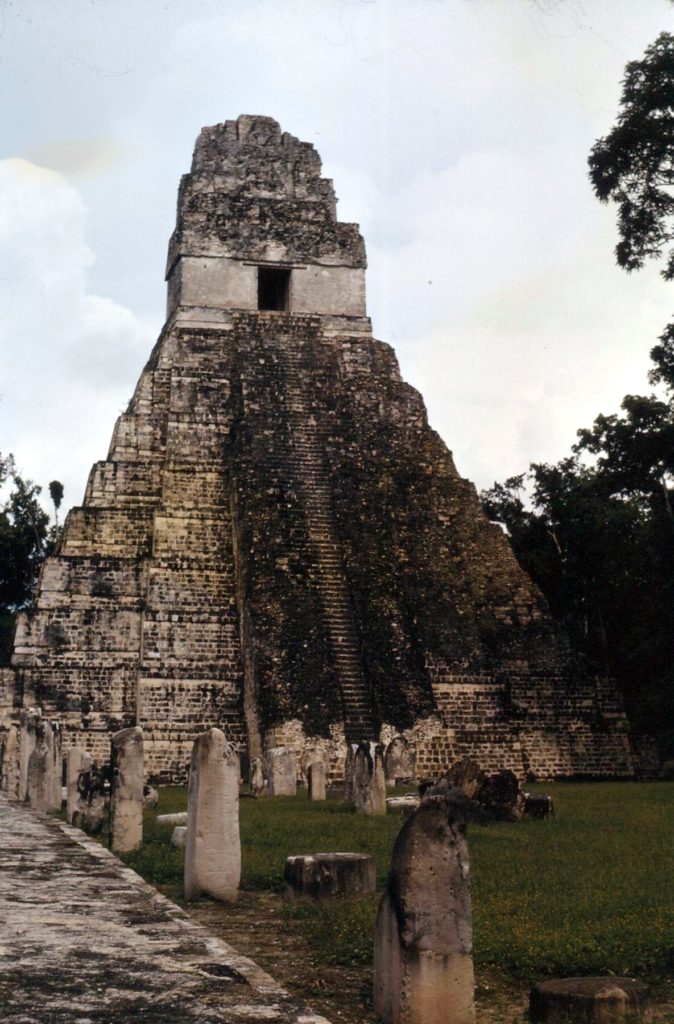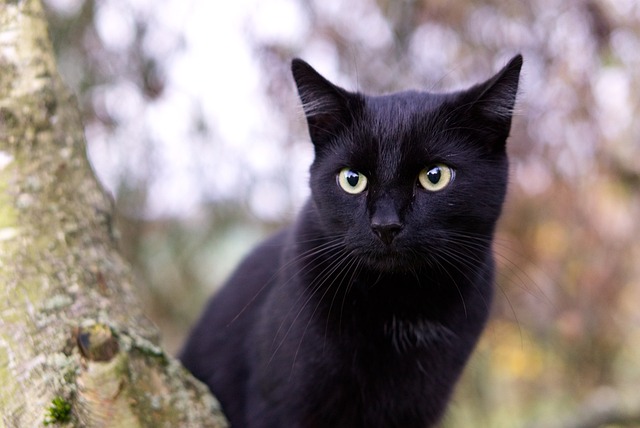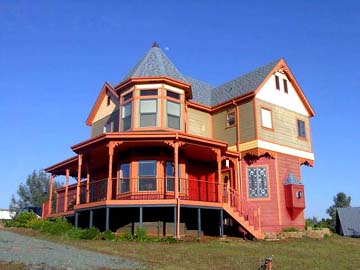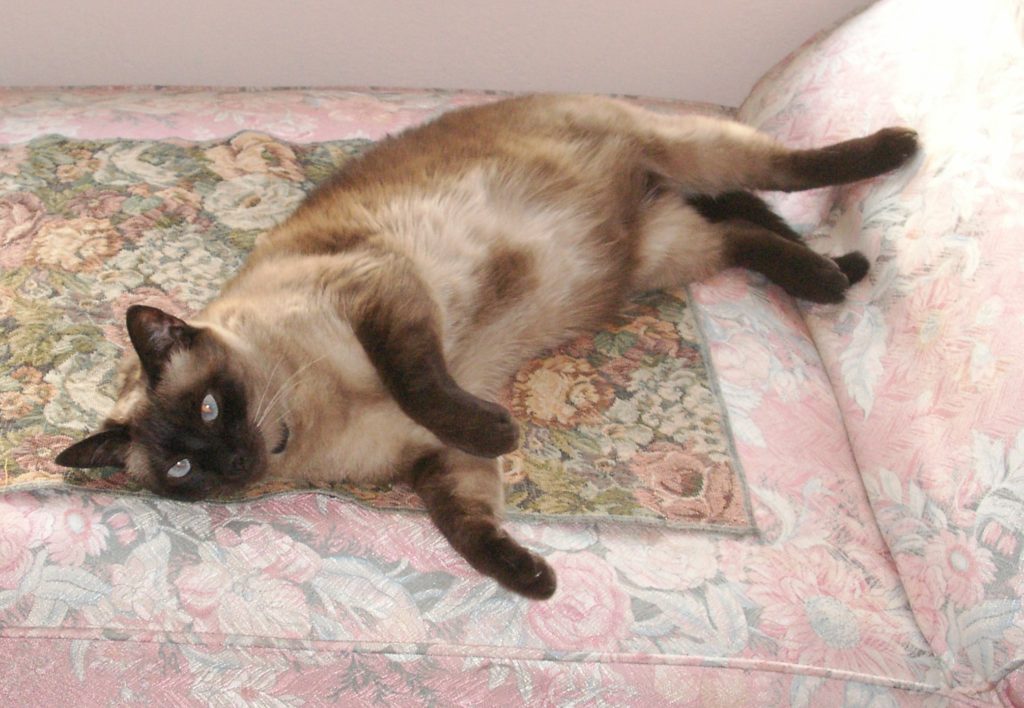
The Neptune in Pisces era is just about over. Neptune enters Aries at the end of March and where it will stay for about 14 years. Already in the past few months and even years, as it has moved closer to the Aries cusp, we have gotten signals of just how Neptune’s energy plays out in the Aries realm.
Neptune, the planet of spirituality, compassion, and deception, which eats away at the foundations of things, was in its own sign of rulership while in Pisces. I saw its influence. There was an excess of kindness which often led to exploitation, the forgiveness and effort to accommodate (rather than fix) people with mental differences, the increase of effort to lift up the downtrodden (sometimes by stepping on the bystander in the process), the government’s and universities’ overreach in efforts to lift up the underdog, the push to change the language we use to describe things in an effort to minimize differences, the blurring of legal and illegal, the push to erase boundaries, are all Neptunian and Piscean (of the sign of Pisces).
The sign Pisces is the sign of the limitless and formless spiritual oneness that we have inside us. Some people epitomize Pisces in an honored way – the yogis and saints who seem to transcend time, the scriptures which tell us to love one another, to give to each other as we would like to receive, to be aware that death is no respecter of persons or positions, and that everyone, no matter what they have done in life, is worthy of God’s forgiveness and a place in the heaven of our respective religions.
How this works in “real life” is sometimes ugly. Your spouse shouldn’t really give your savings account to a stranger, leaving you destitute. Your government shouldn’t really give your farm to a thief, just because he or she is hungry. The element of fairness is missing from Neptune’s realm. Everything is one in that realm, there are no differences, so that working for a goal becomes meaningless, borders don’t exist and private property is an oxymoron, and fighting or making effort toward one’s own well-being is an act of selfishness.
But the planets in our solar system don’t stand still. The moving planets, to astrologers, array themselves in endless spiraling patterns. As they move, the energies change. We can feel the change from Pisces energy to Aries energy in Neptune’s journey. In our country and others (if you read behind the “news”), the change is obvious. Neptune in Aries wants to fight for justice. Aries, Mars’ sign, tries to create a type of heaven on earth by fighting. Aries’ vision is not based on the erasure of boundaries, but on the Aries (somewhat naïve) concept of justice and fairness, individual effort and the vision of creating heaven on earth, a concept that anything that one visualizes can come true and that fighting for one’s vision is a desirable goal of life.
We are already seeing that if we read behind the news. Removing people who broke through borders, reestablishing borders and boundaries, calling for merit based rather than compassion-based hiring, are all symptoms of this new Neptune iteration. Truth is that Aries is ruled by Mars. Though a desire for justice might be the initiating spark that sets off the battle, Mars loves to fight. The next fourteen years will surely be interesting. I hope we all survive!
